
Samantha Power was born in 1973 in Dungarvan, Co. Waterford, Ireland. She is an actress, known for The Low Down (2000), A Prince Among Men (1997) and Mischief Night(2006).

Brittish Actors

Samantha Power was born in 1973 in Dungarvan, Co. Waterford, Ireland. She is an actress, known for The Low Down (2000), A Prince Among Men (1997) and Mischief Night(2006).
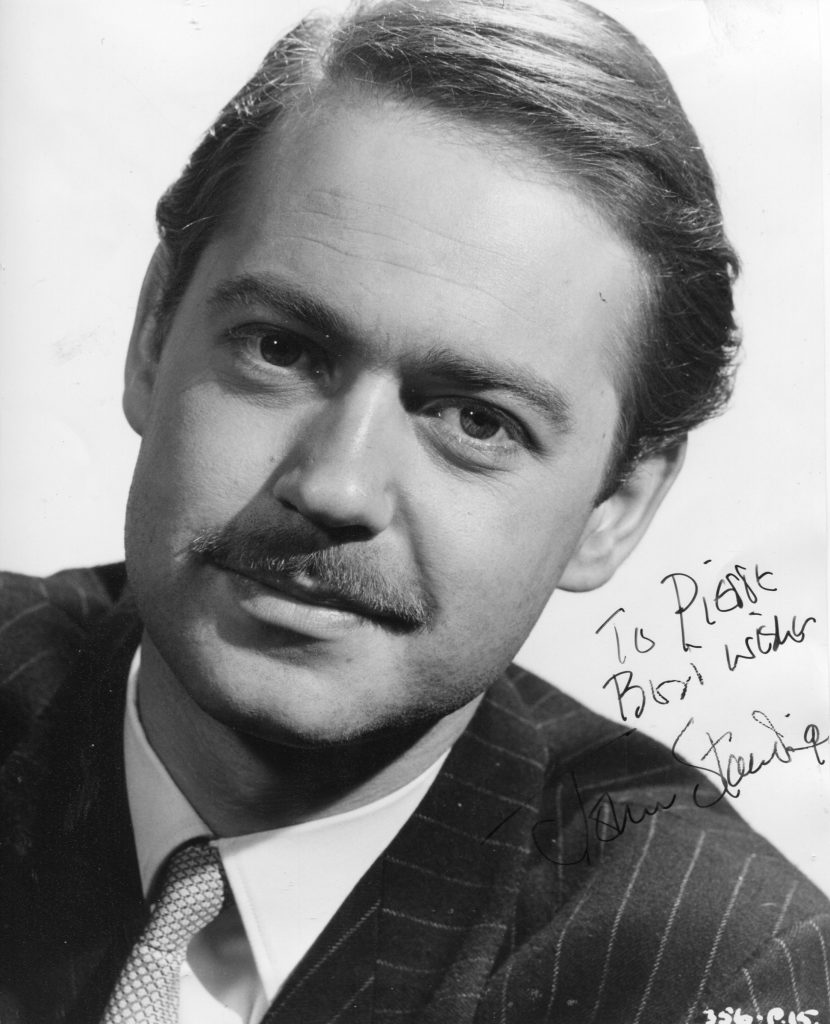
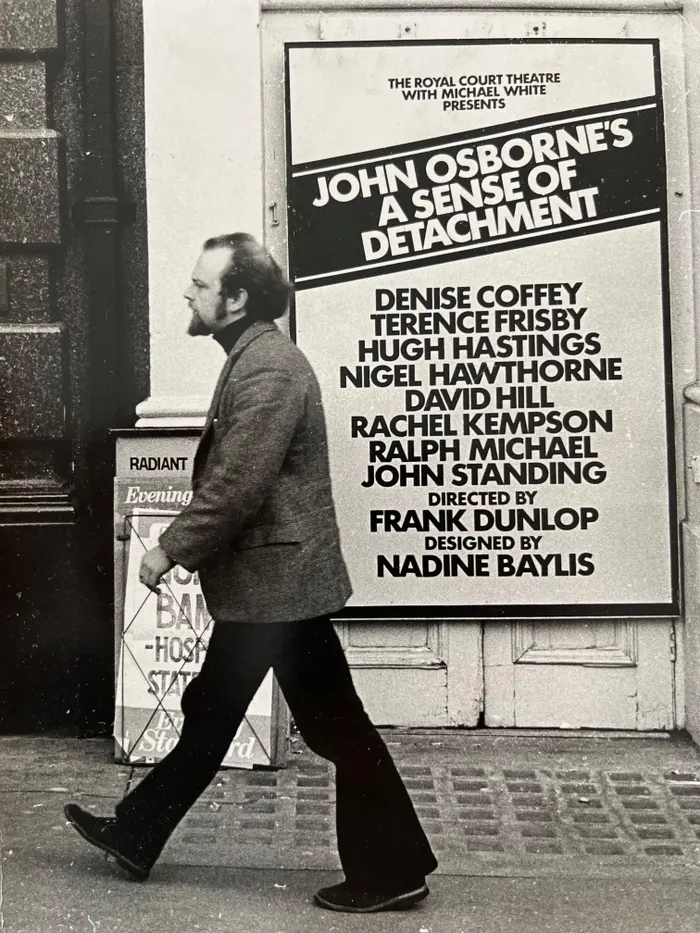
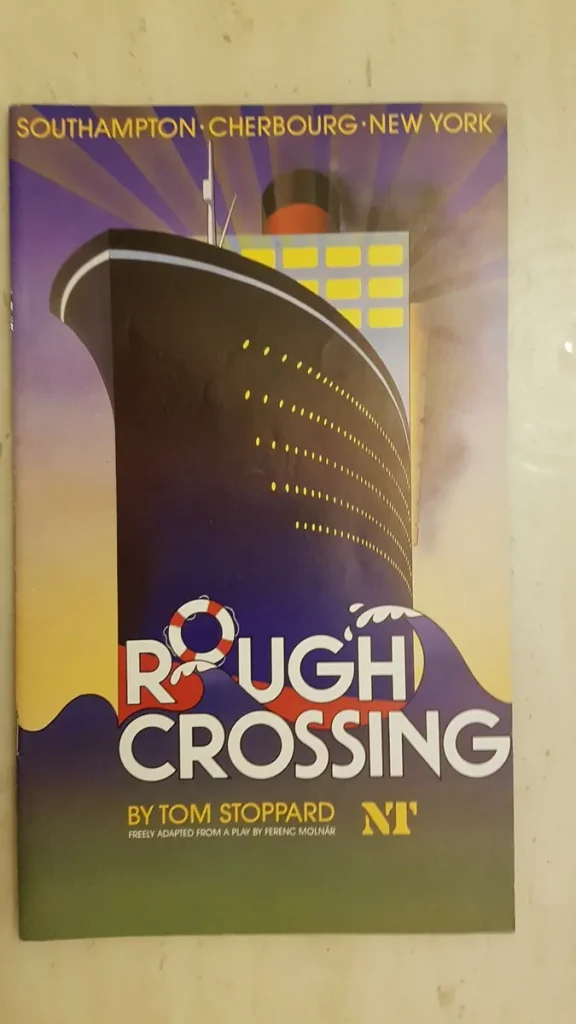
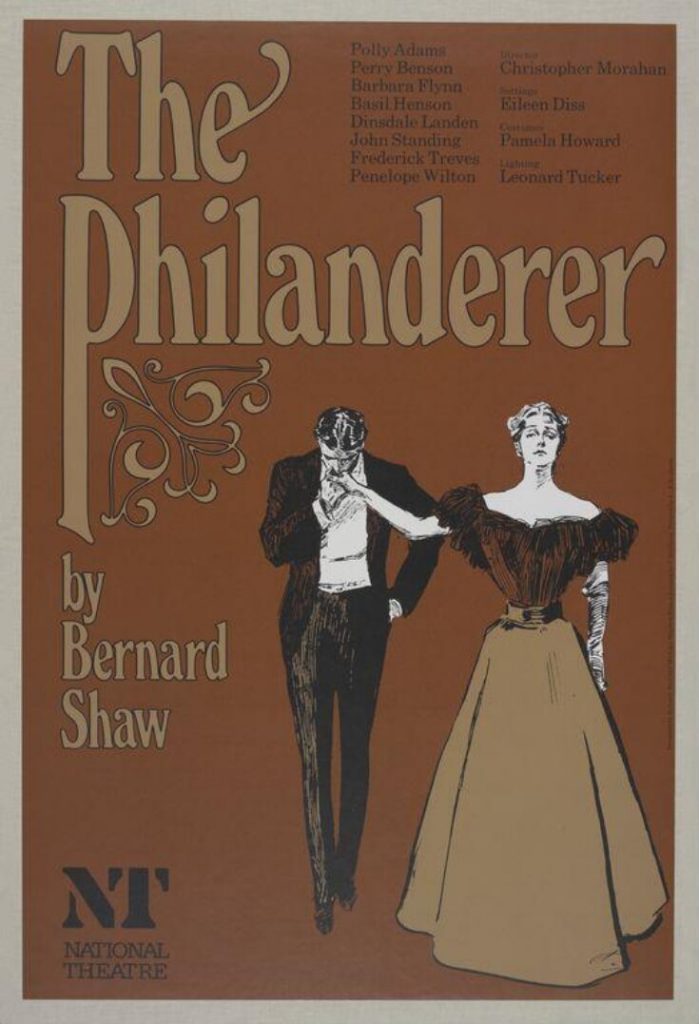
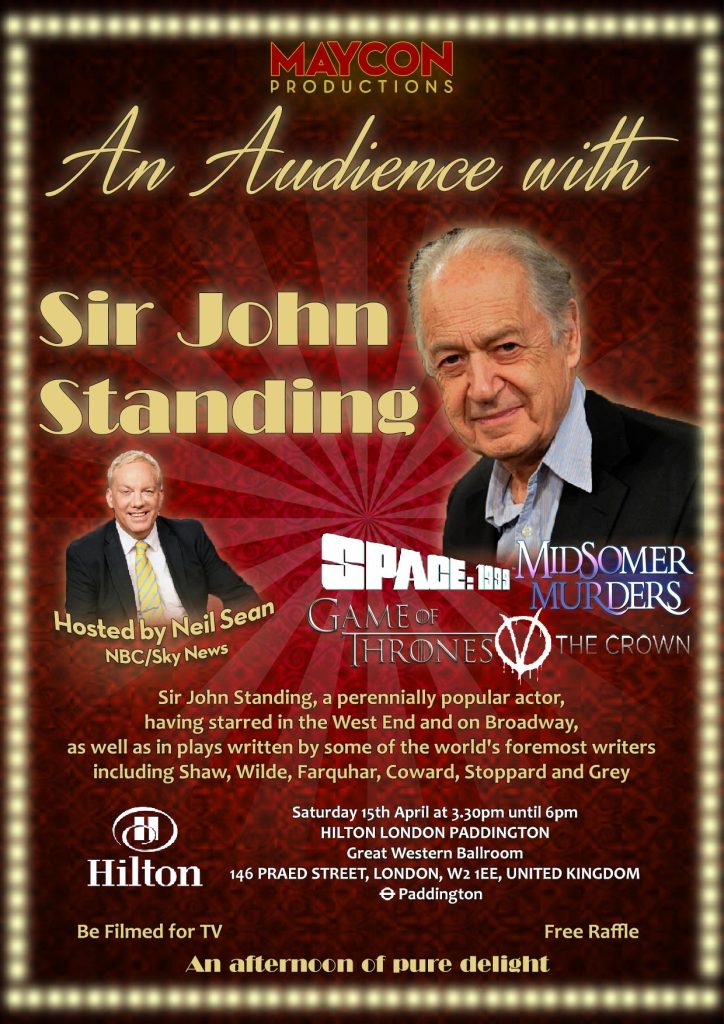
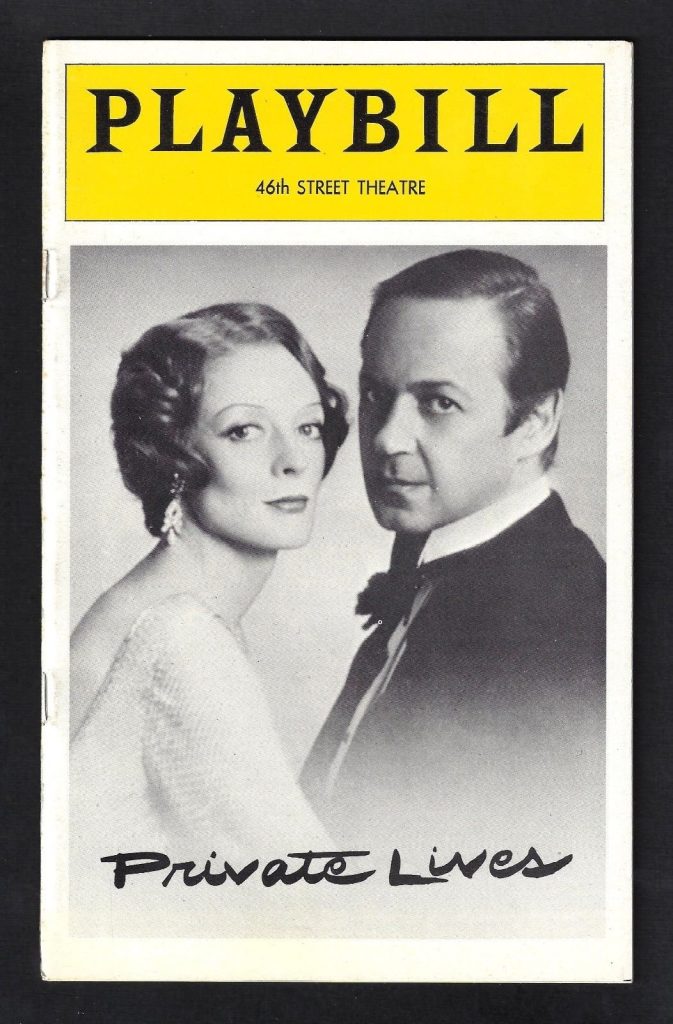
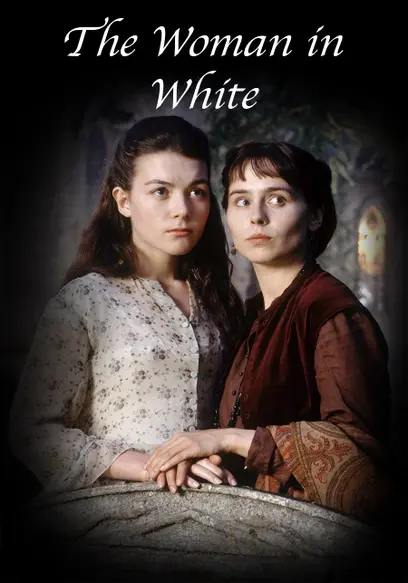
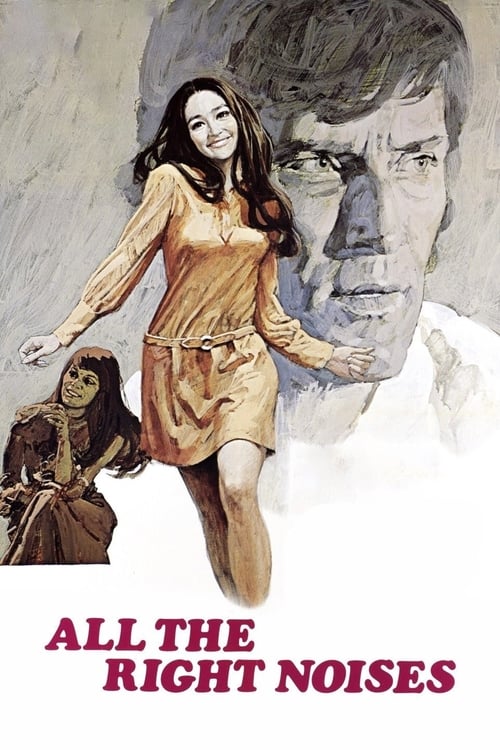
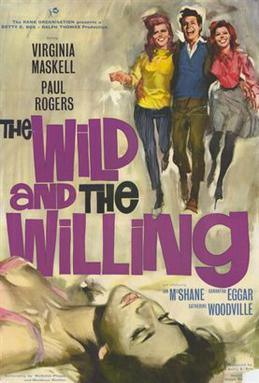
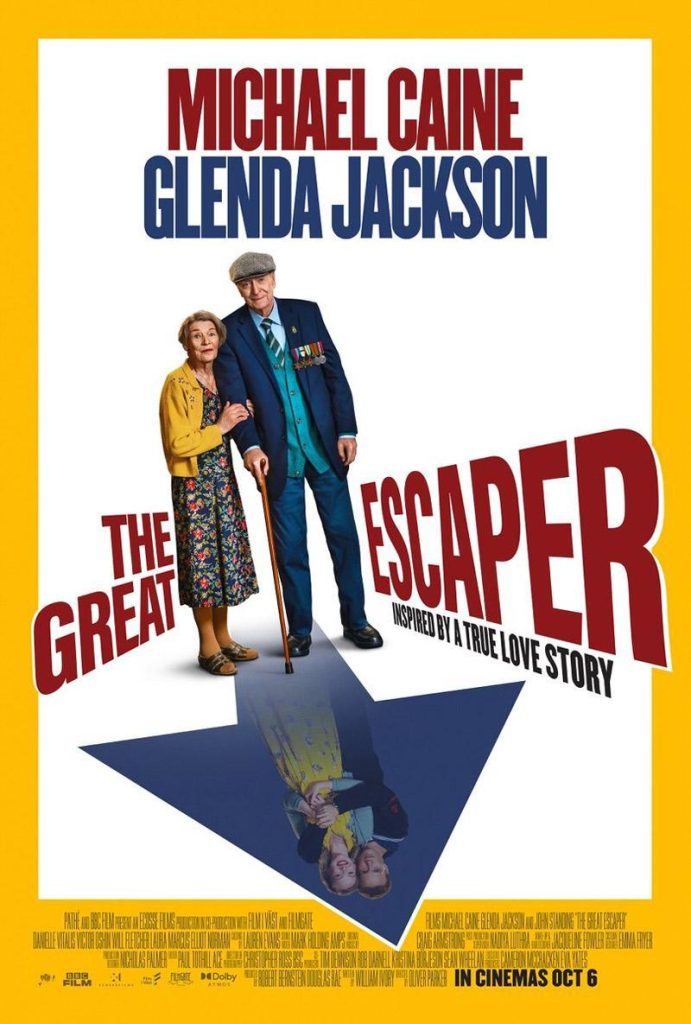
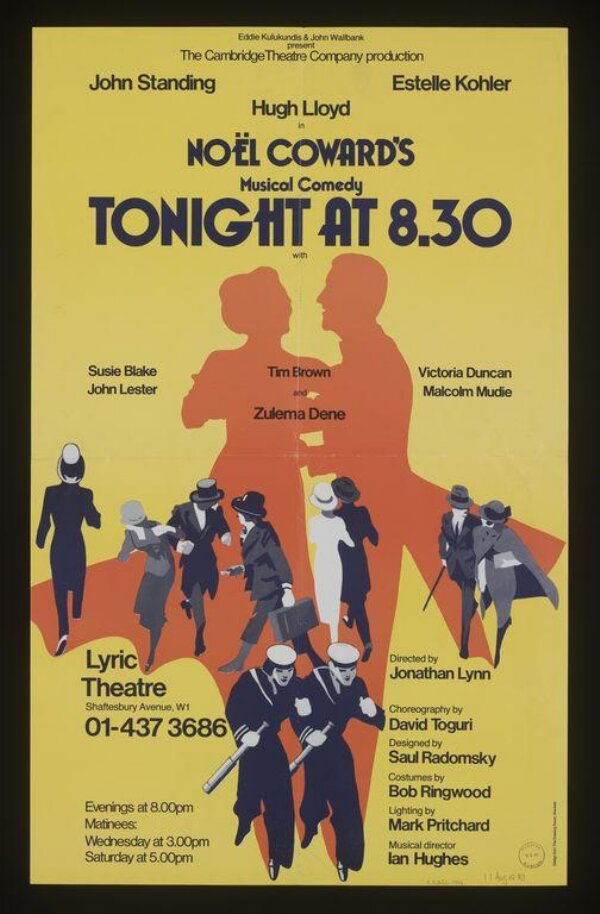
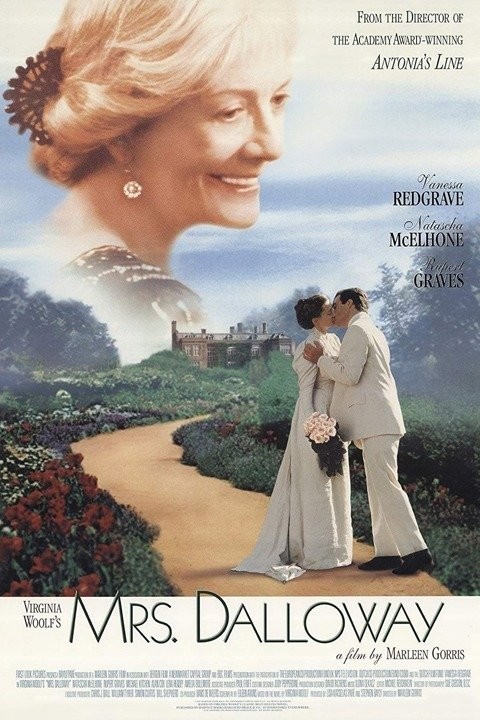
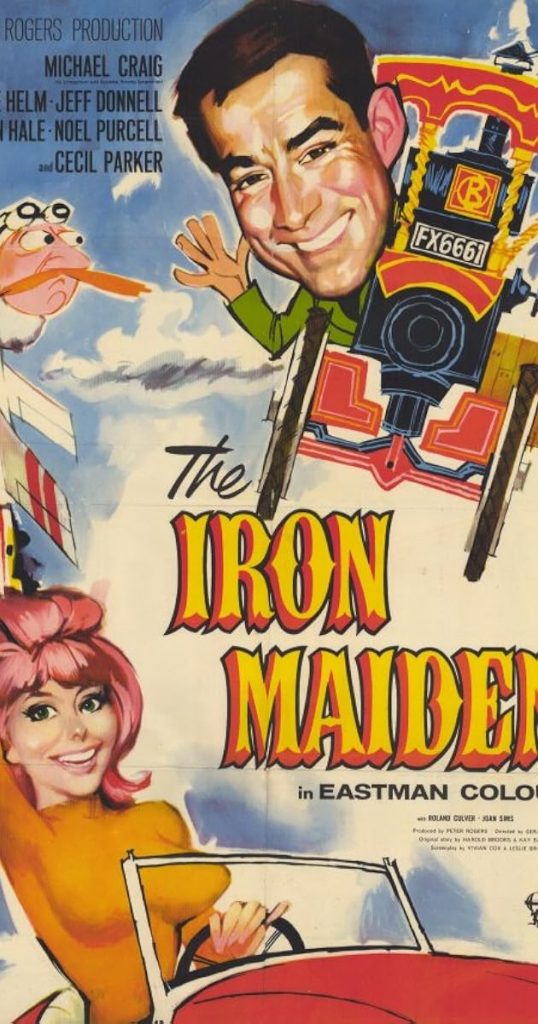
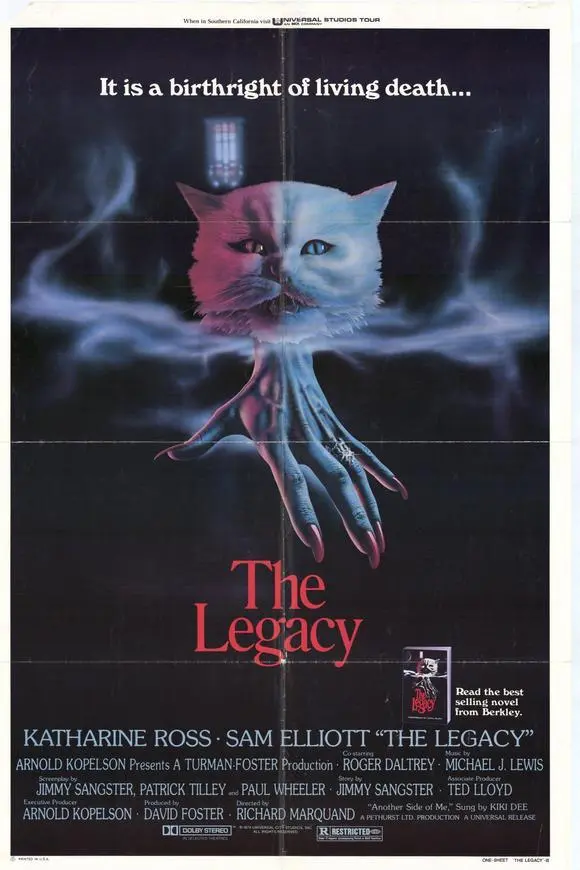
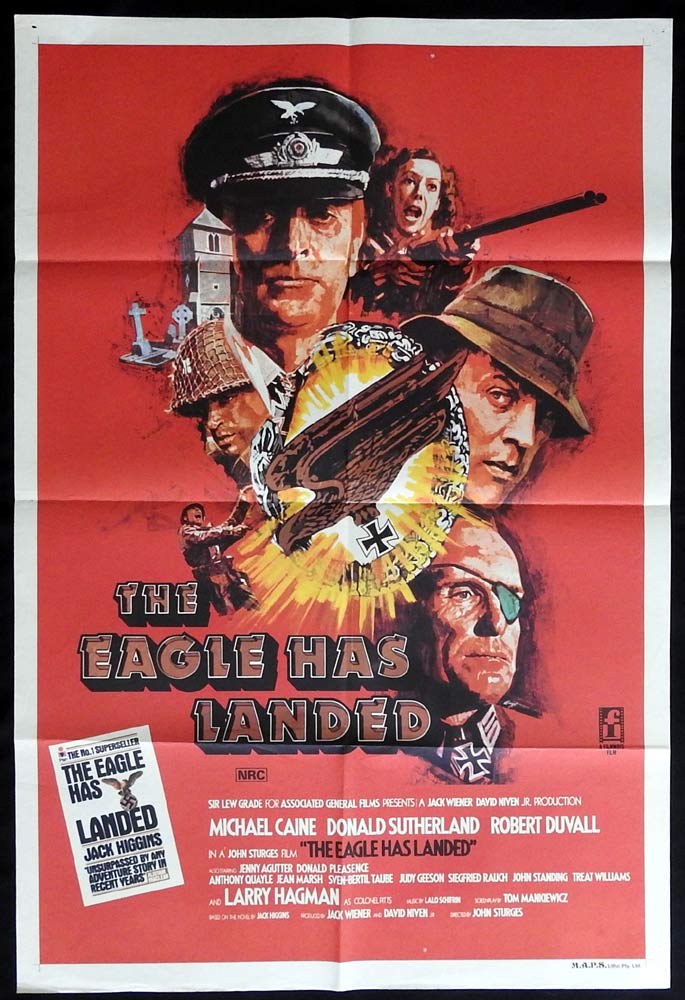
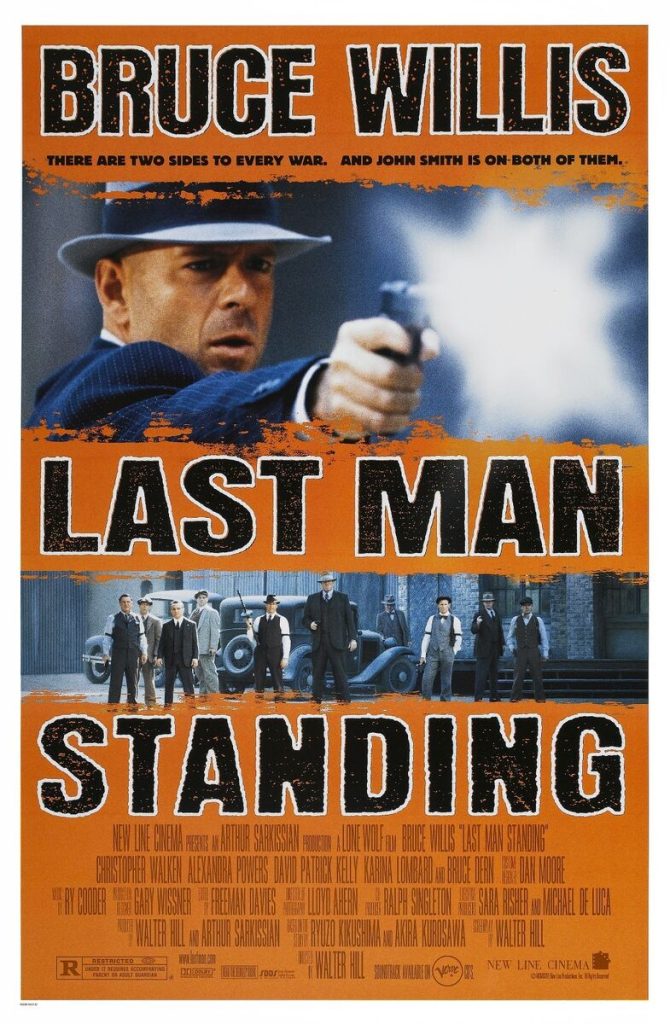
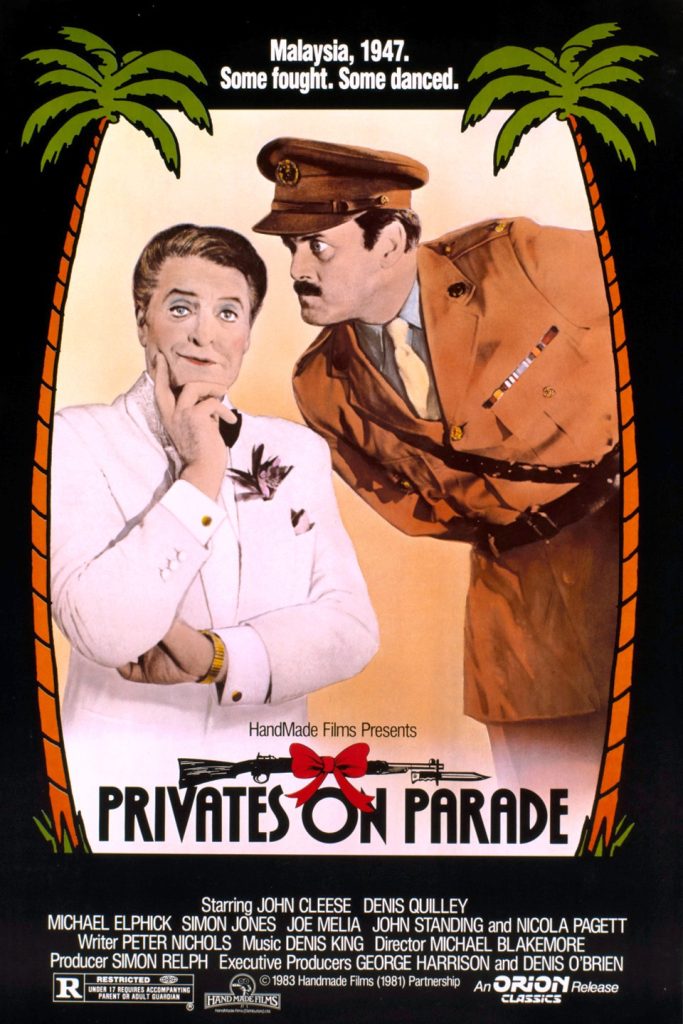
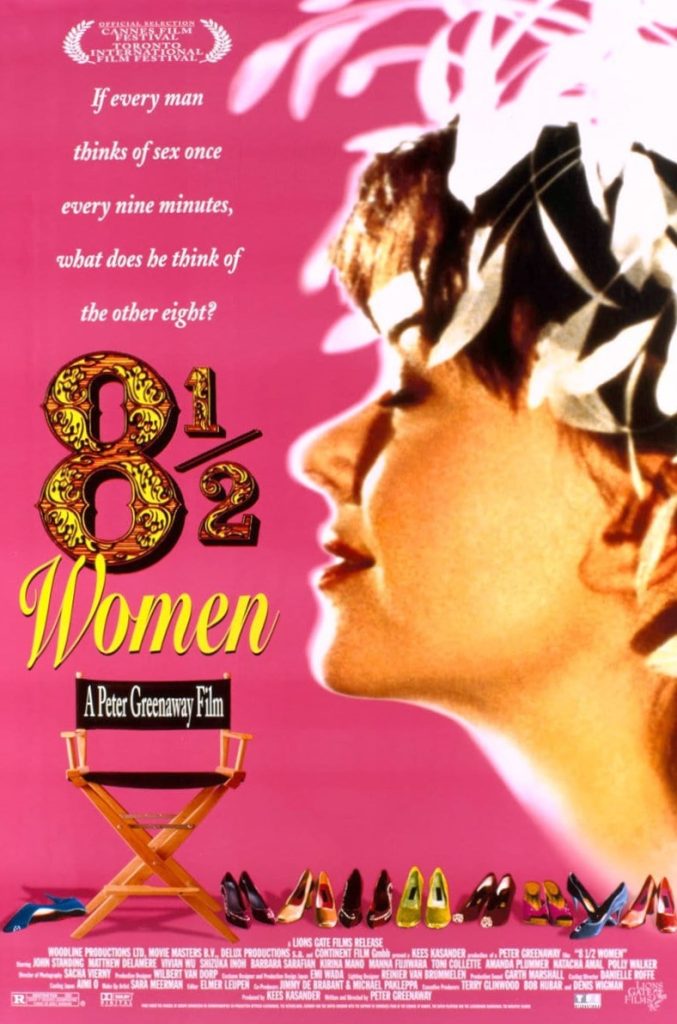
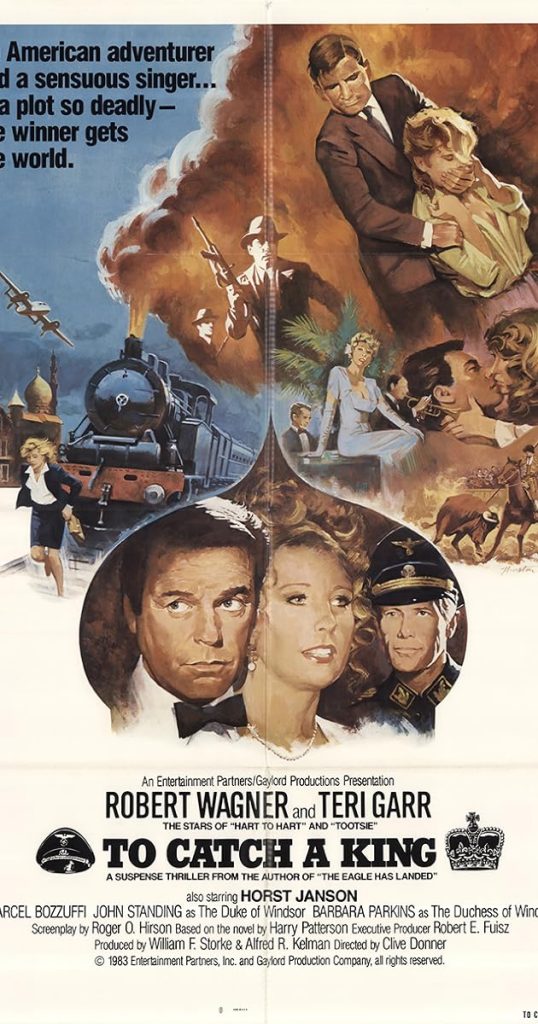
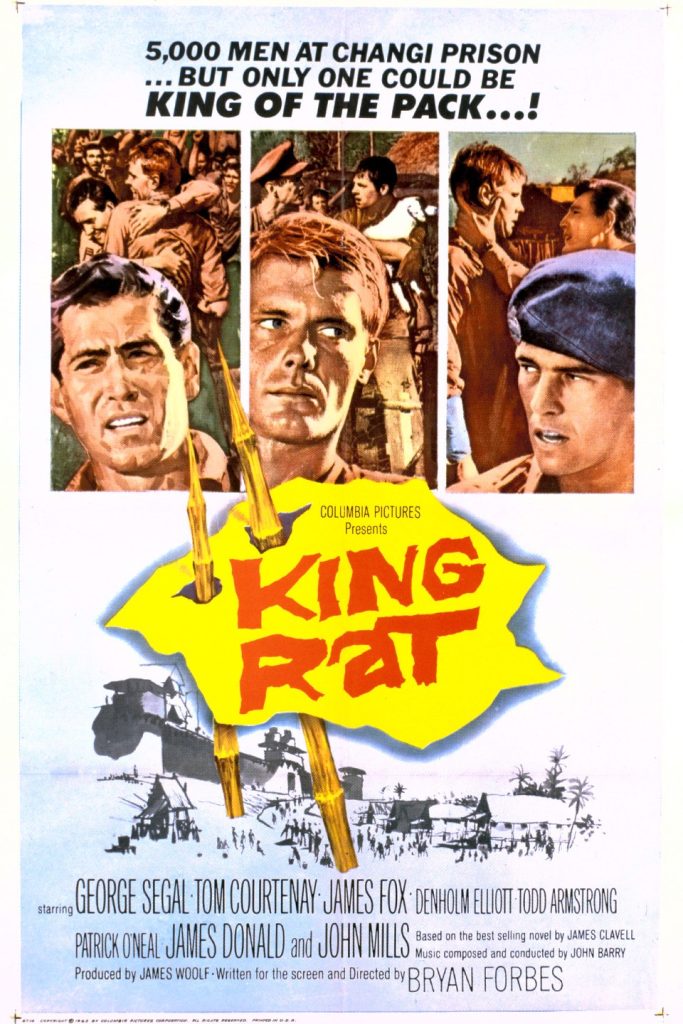
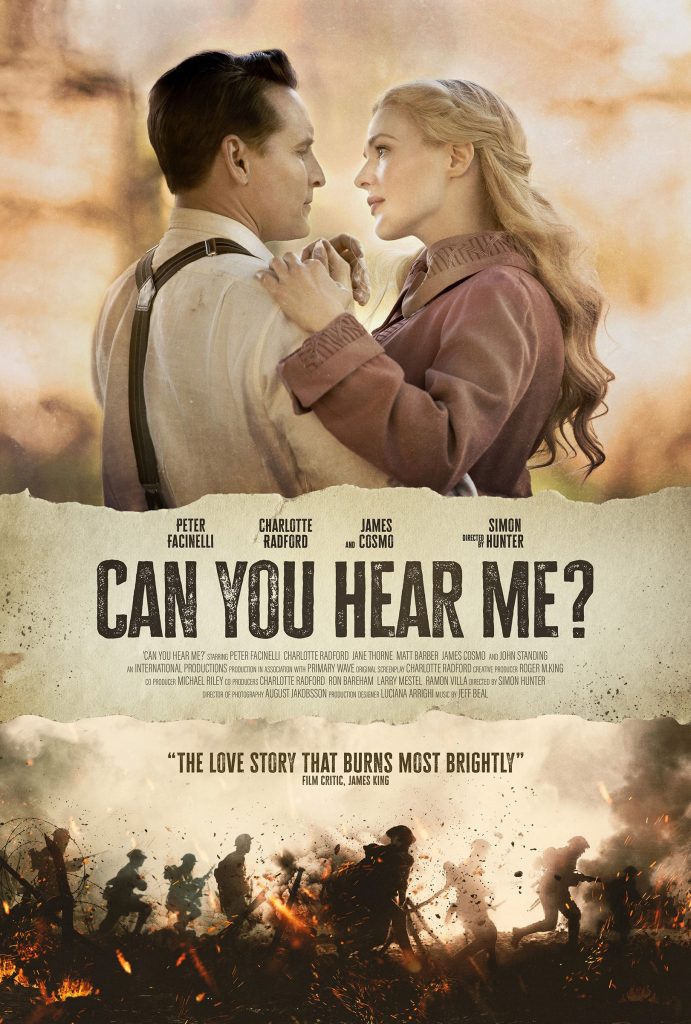
IMDB entry:
Sir John Standing is one of England’s most respected stage, film and television actors. From a distinguished acting dynasty which includes his great-grandfather Herbert Standing(1846-1923) and his grandfather Sir Guy Standing (1873-1937) and his mother, the actress Kay Hammond. He succeeded his father Sir Ronald Leon, as the 4th baronet in 1964. Sir John has worked productively on both the London and New York stages over the decades with leading parts in “The Importance of Being Earnest,” “Ring Around the Moon,” “A Sense of Detachment” by John Osborne, and, most notably, in Noel Coward‘s “Private Lives,” with Maggie Smith. Lesser known for his film work, he has nevertheless supported and enhanced such cinematic offerings as Young and Willing (1962), his debut film, King Rat(1965), The Psychopath (1966), Walk Don’t Run (1966), The Eagle Has Landed (1976), The Elephant Man (1980), Nightflyers (1987), Mrs Dalloway (1997), and A Good Woman (2004). His prestigious television roles have included the classic mini-series The First Churchills(1969), Tinker Tailor Soldier Spy (1979), and The Choir (1995), and King Solomon’s Mines(2004). In the U.S., he has graced numerous weekly programmes including L.A. Law(1986), Civil Wars (1991), and Murder, She Wrote (1984) and co-starred briefly with Robert Wagner and the late Samantha Smith in the action series Lime Street (1985), which ended abruptly with the young girl’s death in a plane crash. The 13-year-old Smith became an instant celebrity after writing a touching and concerned letter to the then Soviet PresidentYuri Andropov about the relations between the two dominant powers and being invited to Russia. His second wife is the actress Sarah Forbes, who is the daughter of the directorBryan Forbes and actress Nanette Newman.
– IMDb Mini Biography By: Gary Brumburgh / gr-home@pacbell.net

“Wikipedia” entry:
Mantovani was born in Venice, Italy, into a musical family. His father, Bismarck, served as the concertmaster of La Scala opera house’s orchestra in Milan, under the baton ofArturo Toscanini. The family moved to England in 1912, where young Annunzio studied at Trinity College of Music in London. After graduation, he formed his own orchestra, which played in and around Birmingham. He married Winifred Moss in 1934, and they had two children: Kenneth (born 12 July 1935) and Paula Irene (born 11 April 1939). By the timeWorld War II broke out, his orchestra was one of the most popular British dance bands, both on BBC radio broadcasts and in live performances.
He was also musical director for a large number of musicals and other plays, including Noel Coward‘s Pacific 1860 (1946) and Vivian Ellis‘s musical setting of J. B. Fagan‘s And So to Bed (1951).[4] After the war, he concentrated on recording, and eventually gave up live performance altogether. He worked with arranger and composer Ronnie Binge, who developed the “cascading strings” effect (also known as the “Mantovani sound”) His records were regularly used for demonstration purposes in stores selling hi-fi stereoequipment, as they were produced and arranged for stereo reproduction. He became the first person to sell a million stereophonic records. In 1952, Binge ceased to arrange for Mantovani but the distinctive sound of the orchestra remained.
Mantovani recorded for Decca until the mid-1950s, and then for London Records. He recorded in excess of 50 albums on that label, many of which were Top 40 hits. His single tracks included “The Song from The Moulin Rouge”, which reached Number One in the UK Singles Chart in 1953;[2] “Cara Mia” (with him and his orchestra backing David Whitfield) in 1954; “Around the World” in 1957; and “Main Theme from Exodus (Ari’s Theme)” in 1960. In the United States, between 1955 and 1972, he released more than 40 albums with 27 reaching the “Top 40”, and 11 in the “Top Ten”. His biggest success came with the album Film Encores, which attained Number One in 1957.
Similarly, Mantovani Plays Music From ‘Exodus’ and Other Great Themes made it to the Top Ten in 1961, with over one million albums sold.
In 1958, Mantovani and his family bought a holiday home in Bournemouth in Durley Chine Road, and then in 1961 acquired a new property in Burton Road (now part of Poole). He moved, finally, to a new home in Martello Road in Poole.
Mantovani starred in his own syndicated television series, Mantovani, which was produced in England and which aired in the United States in 1959. Thirty-nine episodes were filmed.[7] Mantovani made his last recordings in the mid-1970s.
He died at a care home in Royal Tunbridge Wells Kent.[1] Cremated on 8 April 1980, his ashes are interred at the Kent and Sussex Crematorium and Cemetery.
The above “Wikipedia” entry can also be accessed online here.
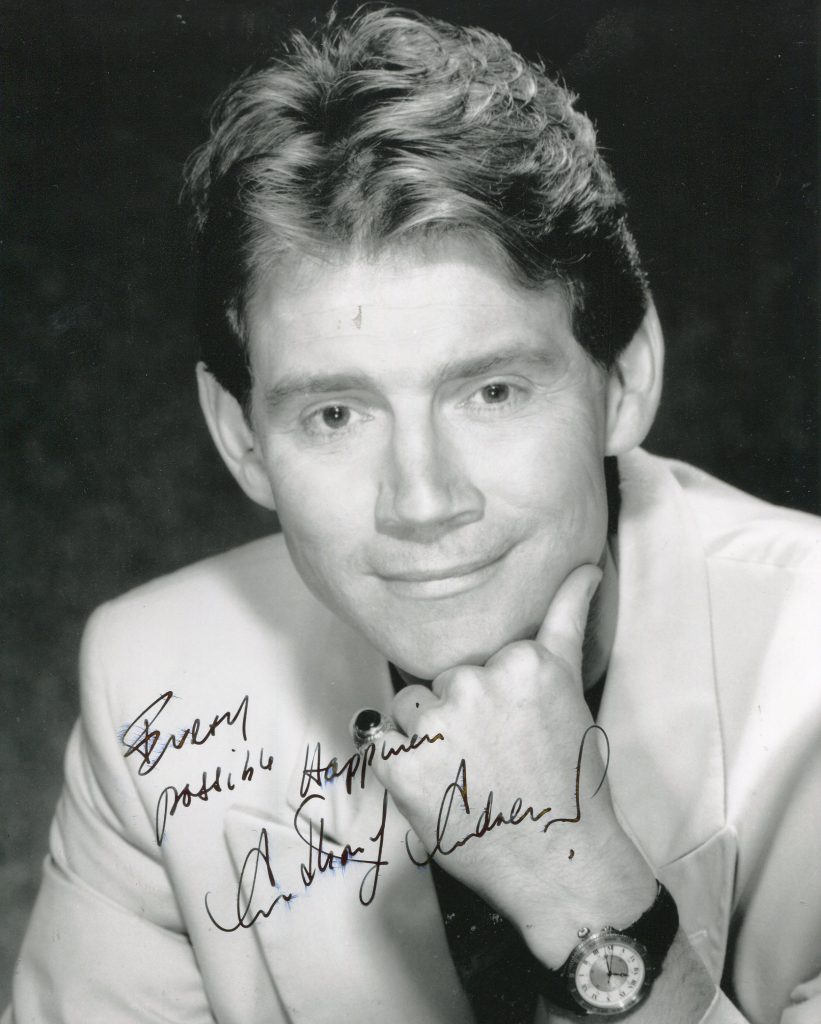
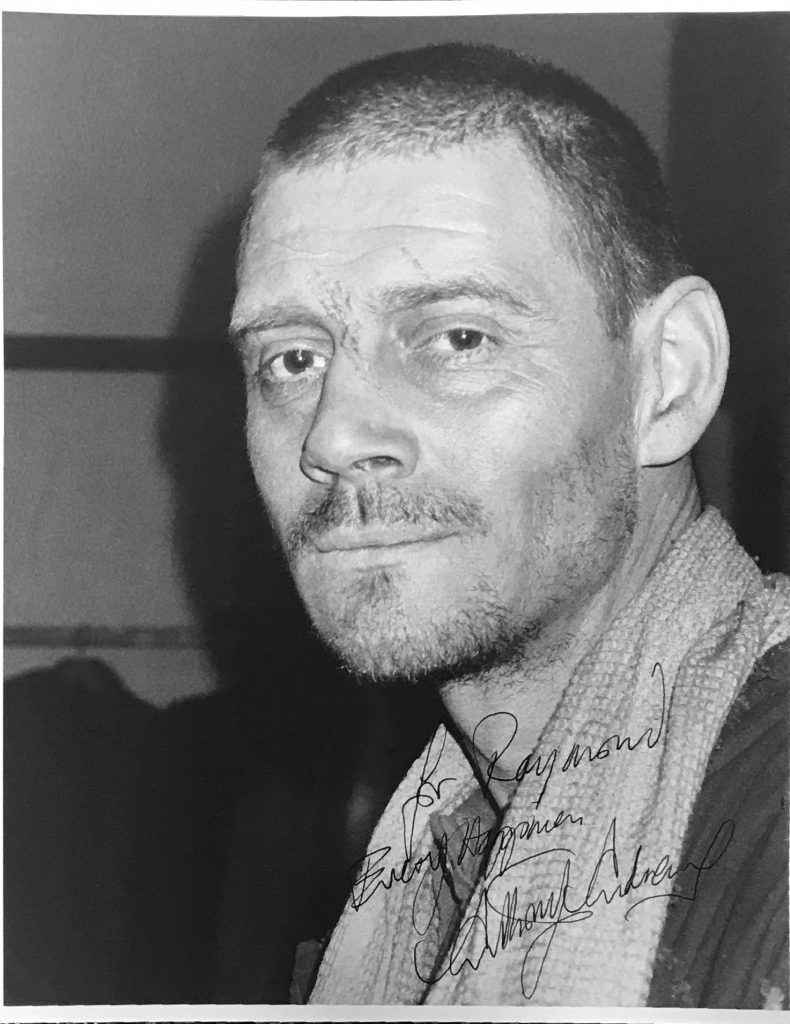
TCM overview:
This tall, attractive blond Englishman has often been cast in aristocratic roles, many of which aired on public television in the USA. Anthony Andrews delivered what should have been a star-making turn as the charmingly charismatic but alcoholic Sebastian Flyte in the Granada TV miniseries “Brideshead Revisited” (1980-81; aired in the USA on PBS in 1982). Yet, unlike his “Brideshead” co-star Jeremy Irons, he was unable (or unwilling) to capitalize on his small screen success.
The son of a bandleader and a dancer, Andrews decided early in his life he wanted to be an actor. Dropping out of school in his late teens, he worked at a series of odd jobs (including a brief stint as a journalist) before he found employment as an assistant stage manager and understudy. Andrews soon found work onstage and later in BBC TV productions like Dennis Potter’s “A Beast With Two Backs” (1968), a regular role on “Dixon of the Dock Green” (BBC, 1972) and as a British soldier who romances an Irish lass in Belfast in the acclaimed Emmy-winner “A War of Children” (CBS, 1972). He appeared as titled aristocrats in the miniseries “The Pallisers” (BBC, 1974) and in an episode of “Upstairs/Downstairs”. Andrews was cast as Anthony Hopkins’ son in “QB VII” (ABC, 1974) and gained a loyal following as the dashing young officer affiliated with a team that disarmed German bombs in WWII-era London in “Danger UXB” (Thames TV, 1979). After earning an Emmy nomination as Sebastian Flyte, he went on to headline a number of period TV-movies. Andrews followed in the footsteps of legendary actors like Leslie Howard as “The Scarlet Pimpernel” (CBS, 1982), Robert Taylor as “Ivanhoe” (CBS, 1982), Peter Ustinov as the Emperor Nero in the NBC miniseries “A.D.” (1985), Cary Grant in the small screen remake of “Suspicion” (PBS, 1988) and both Fredric March and Spencer Tracy in “The Strange Case of Dr. Jekyll and Mr. Hyde” (Showtime, 1989). He also garnered attention for his portrayal of King Edward VIII who abdicated the British throne for “The Woman He Loved” (CBS, 1988) and for a rare villainous turn as Prof. Moriarty to Edward Woodward’s Sherlock Holmes in “Hands of a Murderer” (CBS, 1990).
Andrews has been less successful on the big screen. He debut in the little seen “Take Me High/Hot Property” (1973) and appeared in such forgettable fare as “Les Adolescents” (1975). John Huston tapped him to play Albert Finney’s brother in “Under the Volcano” (1984) but the film was a box office disappointment. Andrews was then cast in several military roles in films that reached a limited audience, with the Australian-produced “The Lighthorsemen” (1987) perhaps the best. He earned critical praise for his emotional turn as an arrogant British archeologist wrongly imprisoned by the Soviet Union for spying in “Lost in Siberia” (1991). In 1996, he co-produced and co-starred as a malevolent artist with incestuous feelings for his sister in the stylized ghost story “Haunted”.
The above TCM overview can also be accessed online here.
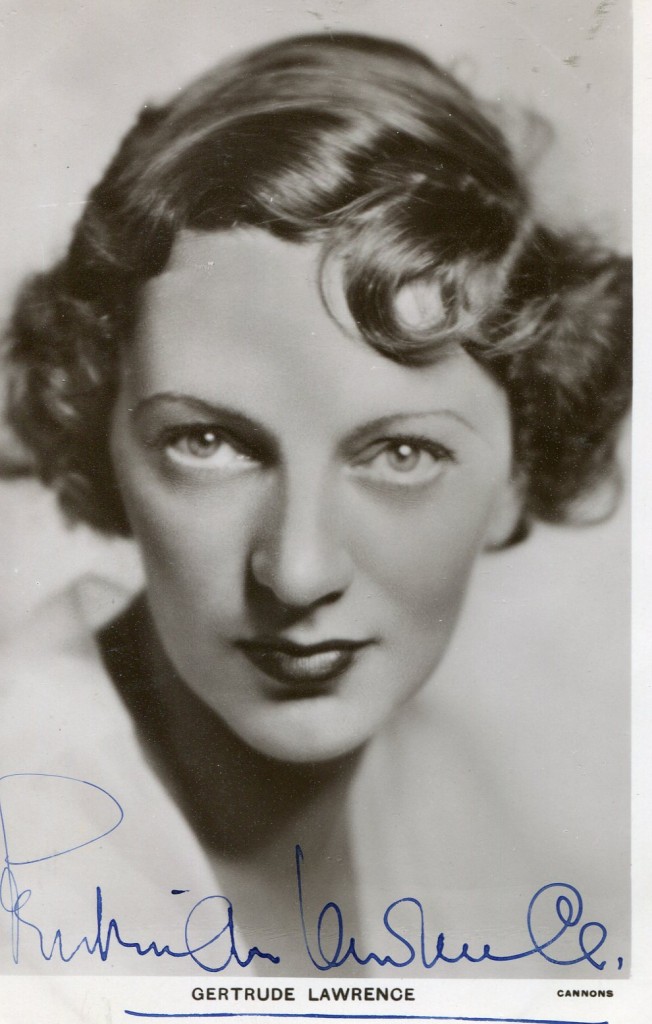
IMDB entry:
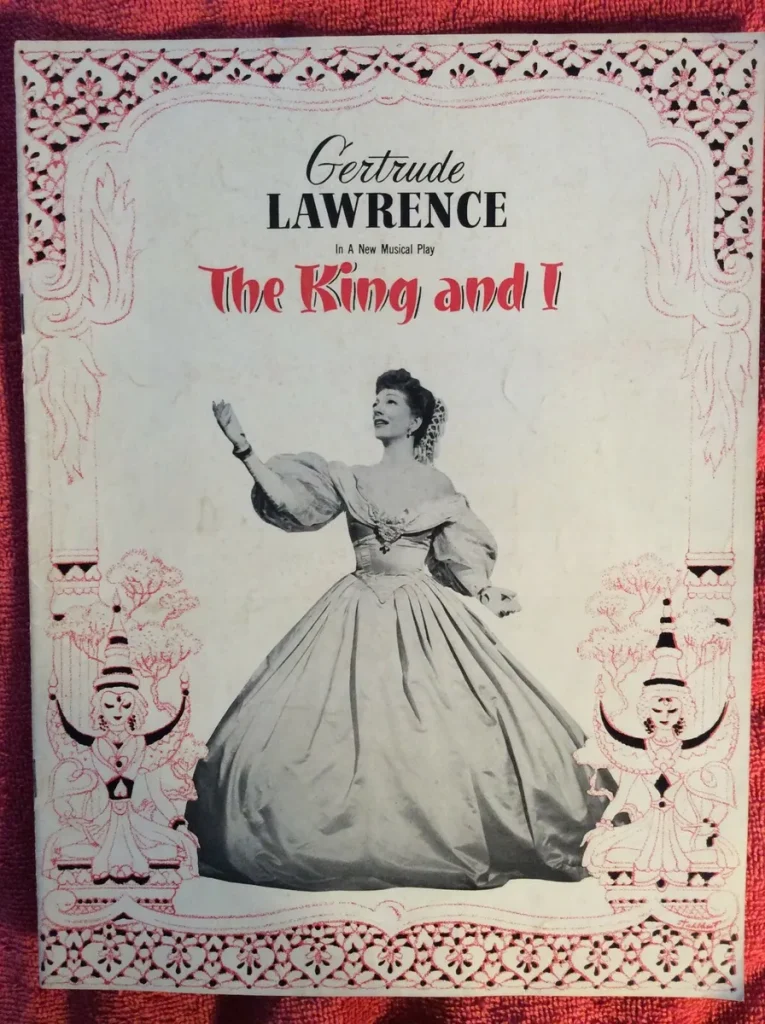
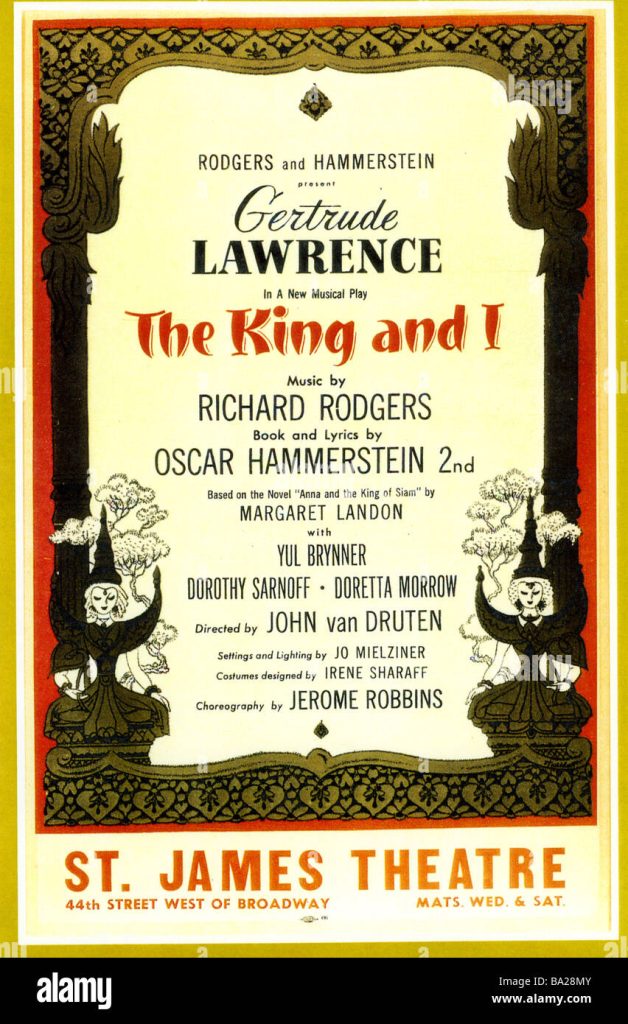
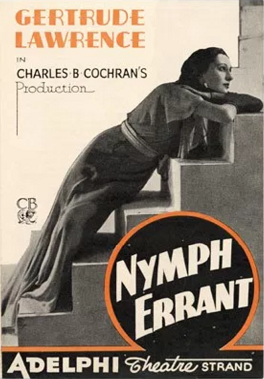
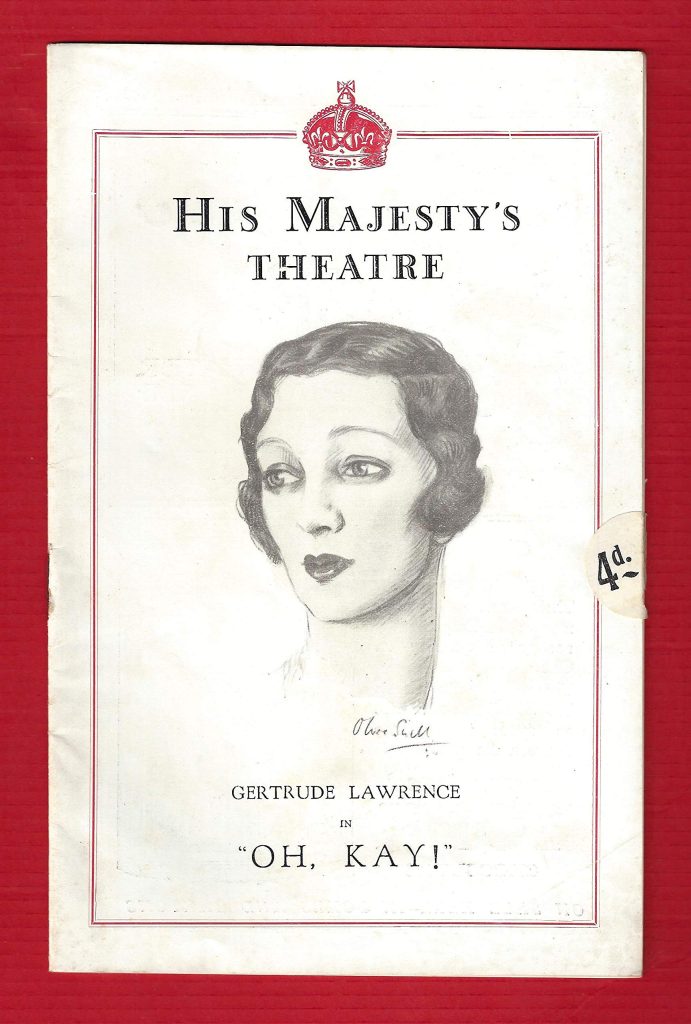
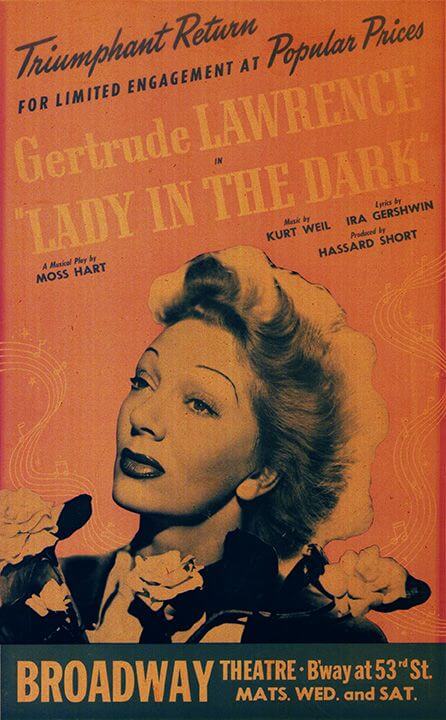
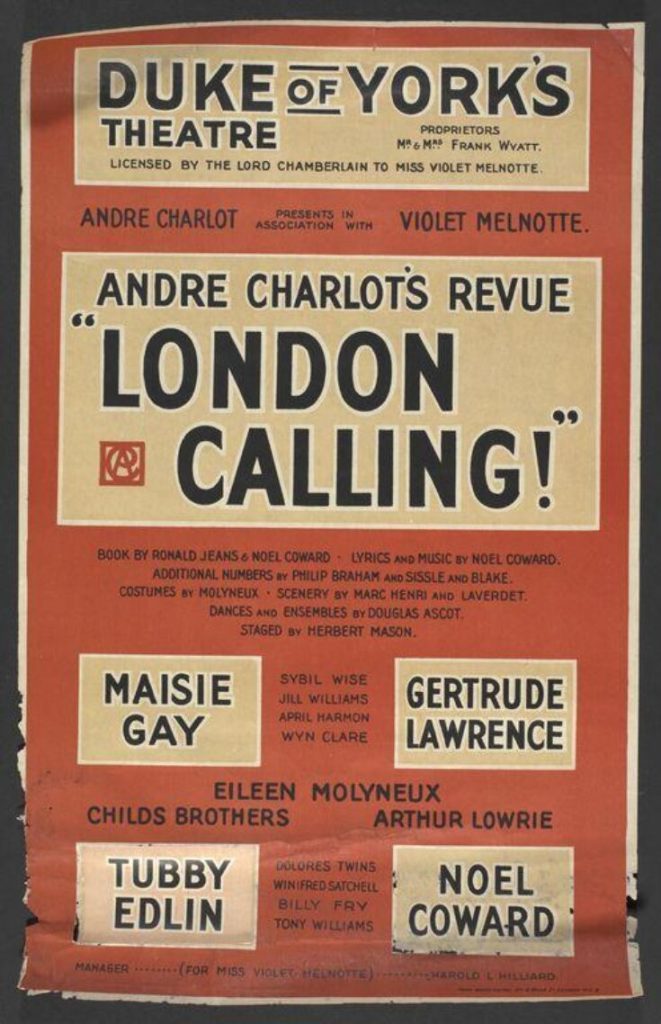
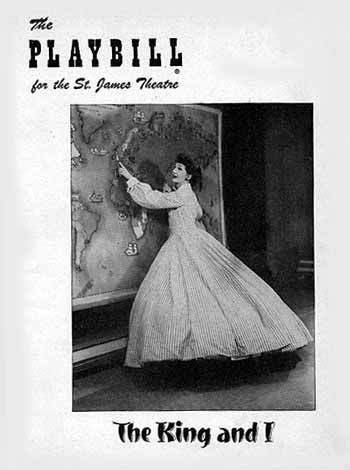
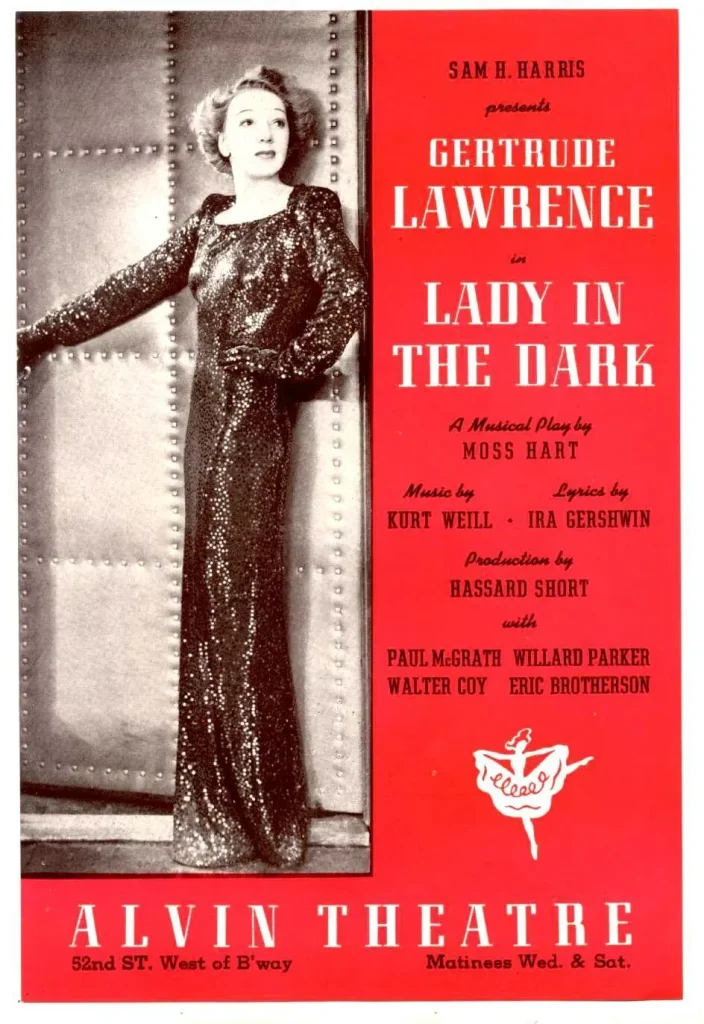
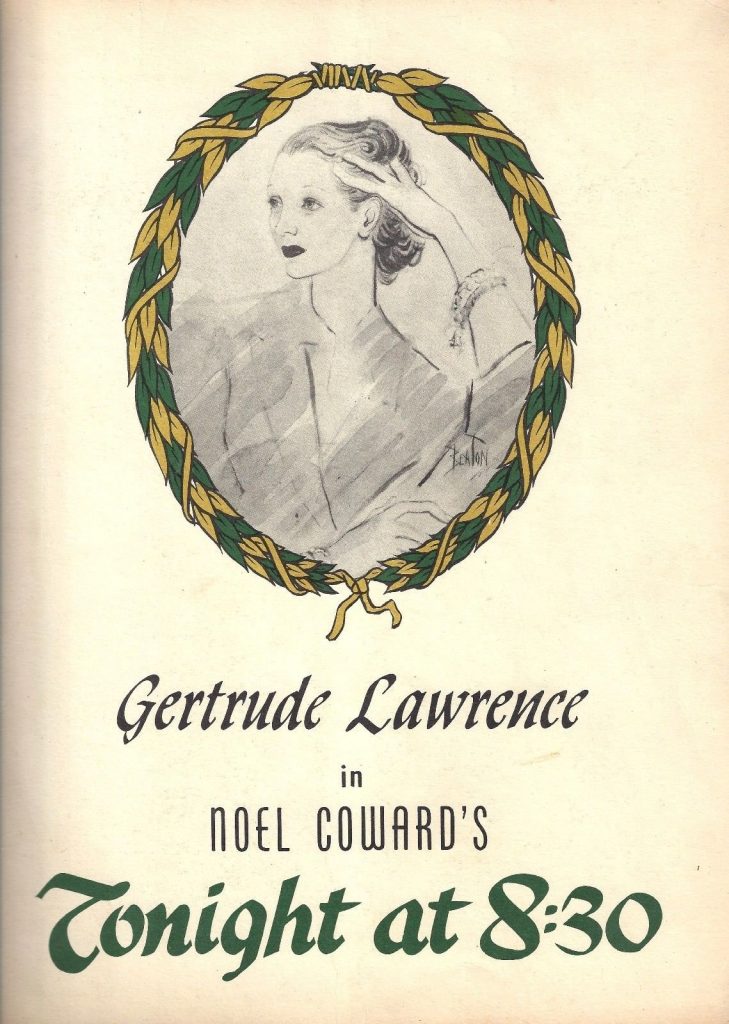
Gertrude Lawrence, original name Gertrud Alexandra Dagma Lawrence Klasen, (born July 4, 1898, London, Eng.—died Sept. 6, 1952, New York, N.Y., U.S.), English actress noted for her performances in Noël Coward’s sophisticated comedies and in musicals.
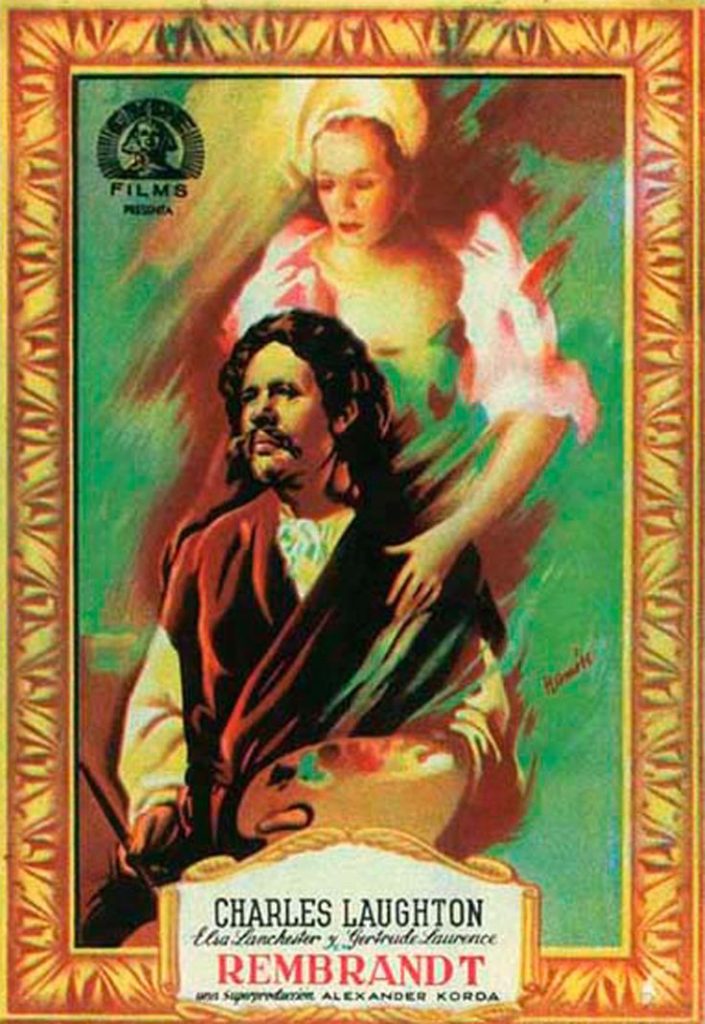
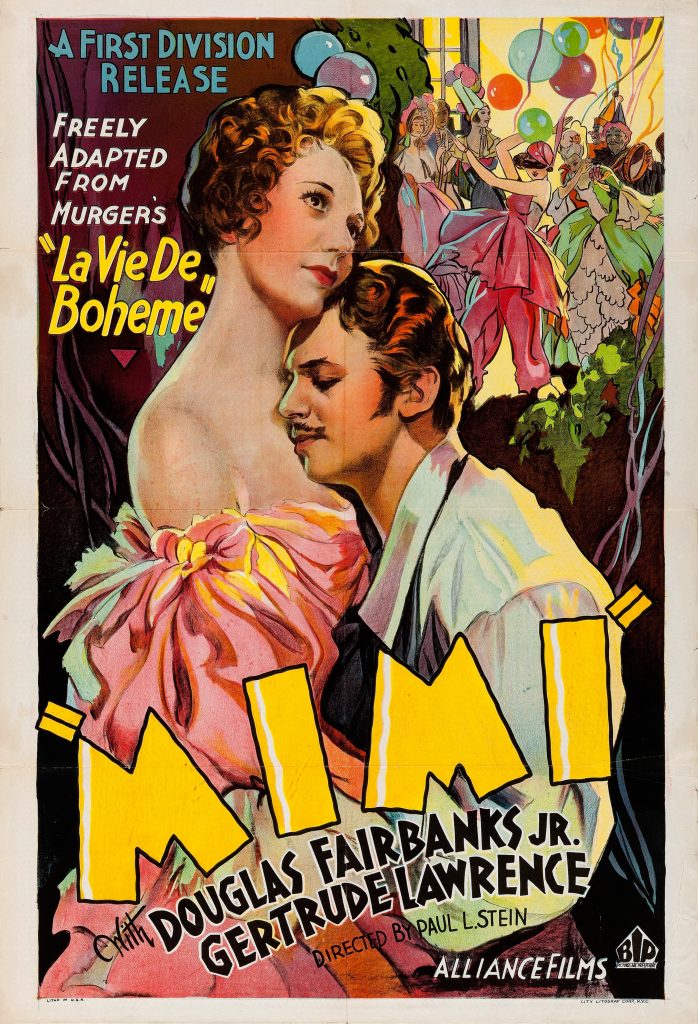
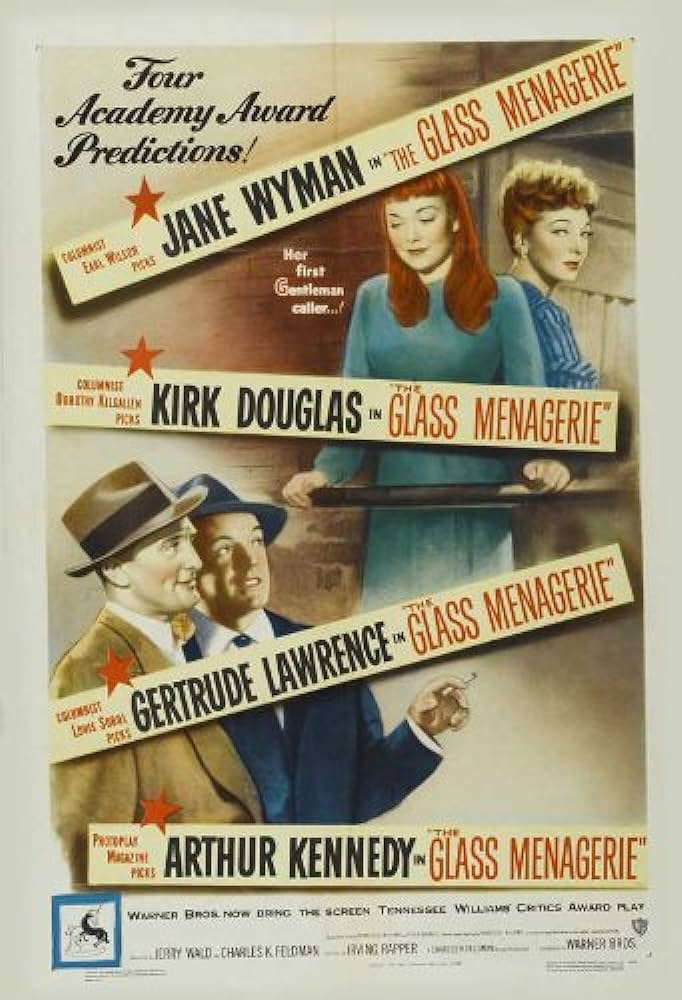
Lawrence was the daughter of music hall performers, and from an early age she was trained to follow their career. She made her stage debut in December 1908 in a pantomime Dick Whittington in Brixton. Subsequently she appeared in Babes in the Wood (1910) and other musicals and plays, and for a time she toured in minor revues. In 1916 she began appearing in André Charlot’s intimate revues in London, and two years later she stepped into the lead when Beatrice Lillie fell ill. She appeared with Coward, whom she had known for 10 years, in his London Calling (1923) and in January 1924 made her New York debut as one of the stars of Charlot’s Revue, with Lillie and Jack Buchanan. In 1926 she starred in George and Ira Gershwin’s Oh Kay!, which moved to London the next year, and in 1928 in their Treasure Girl. In the latter year she played her first straight dramatic role in Icebound in London. Lawrence’s greatest role was in Coward’s Private Lives, written with her in mind, in which she opened opposite the author at the Phoenix Theatre, London, in September 1930. Both the play and the stars set the tone that would characterize comedies of manners for a decade or more: sophistication, brittle wit, and chic. Perhaps Lawrence’s greatest triumph was as Liza Elliot in the Moss Hart–Kurt Weill musical Lady in the Dark (1941). Throughout her career, her singing and dancing, both accomplished but not exceptional, merely supported her compelling stage presence, what Coward called her “star quality.” On the strength of it she remained for a quarter-century one of the most popular stars on the American and British stages. She spent the years following her 1940 marriage to Richard Aldrich, an American producer, in the United States. In 1945 she published an autobiography, A Star Danced. In March 1951 she opened on Broadway in Rodgers and Hammerstein’s The King and I, during the run of which she died
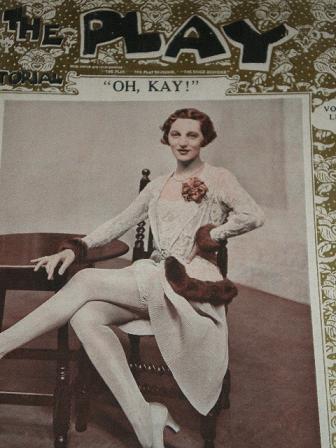
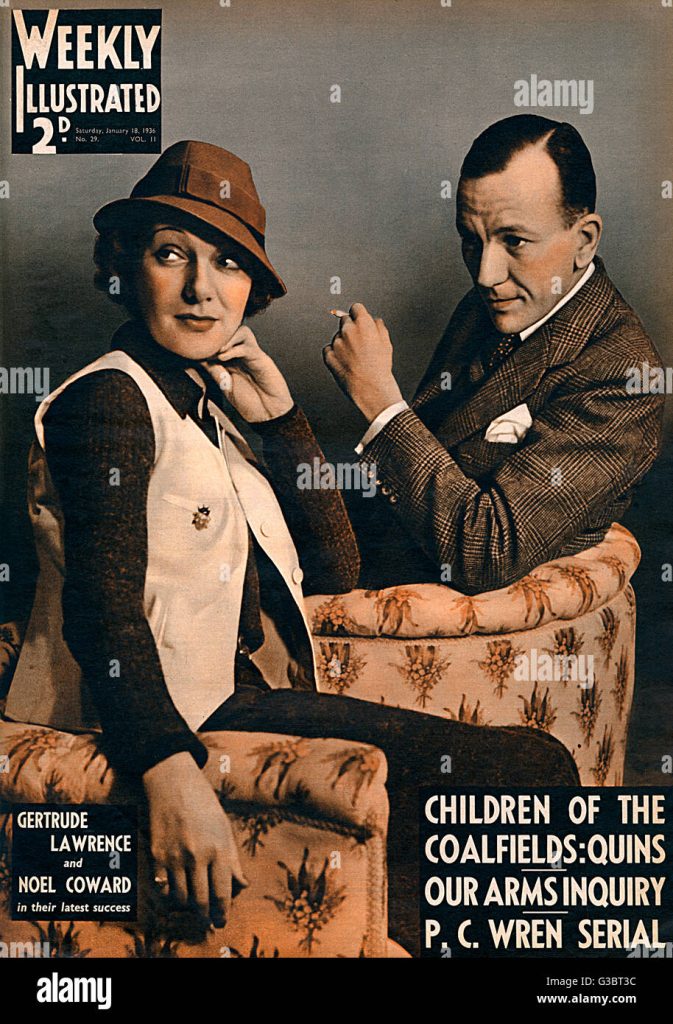
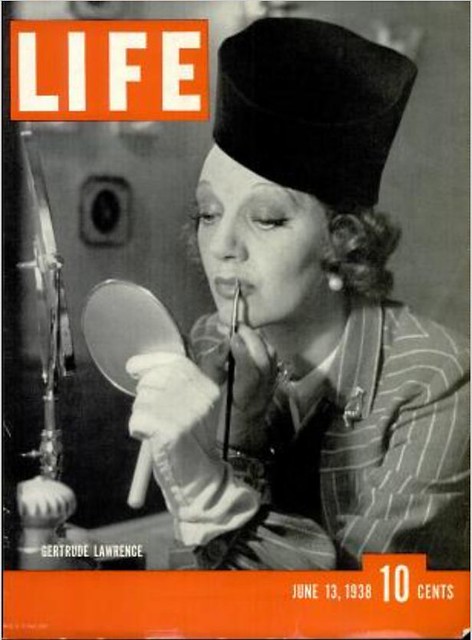
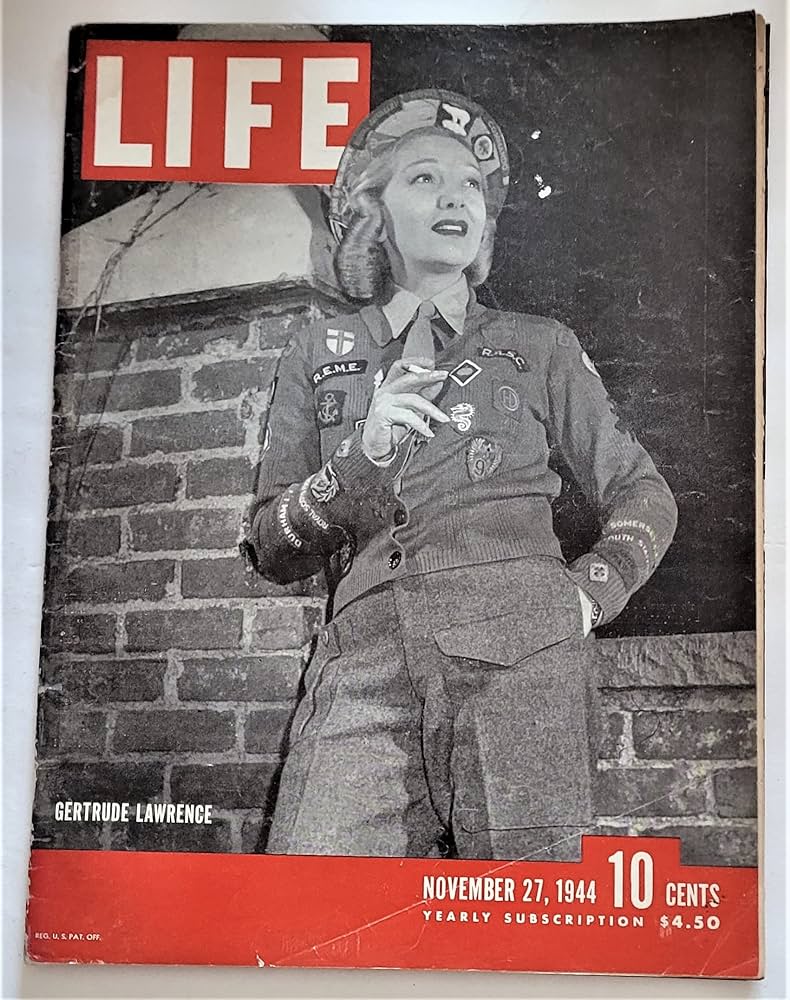
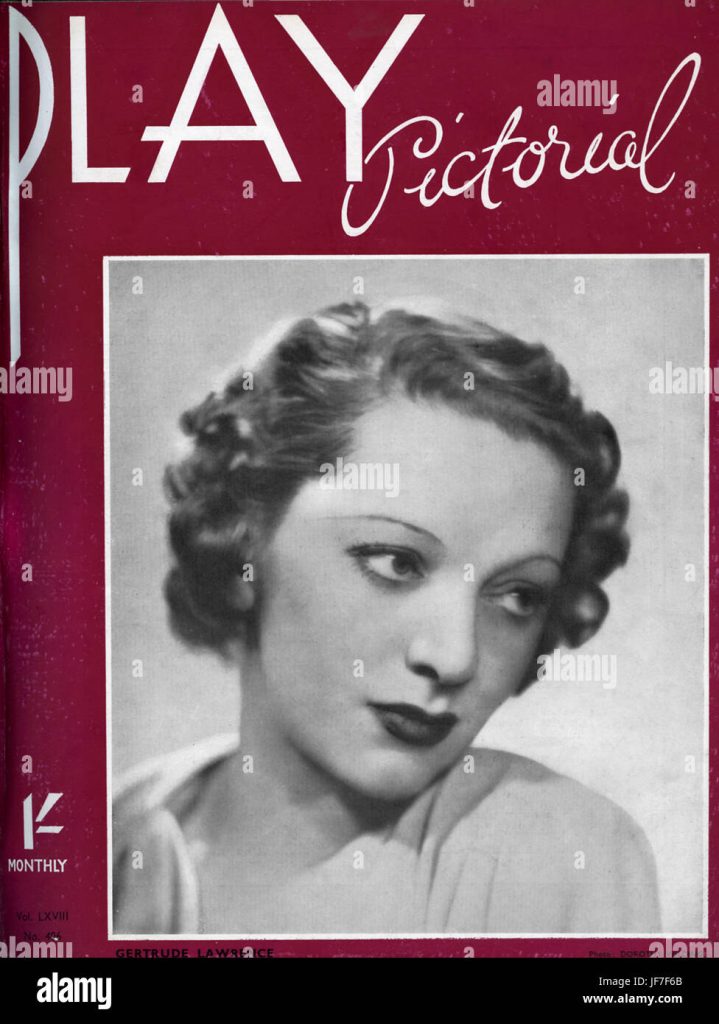
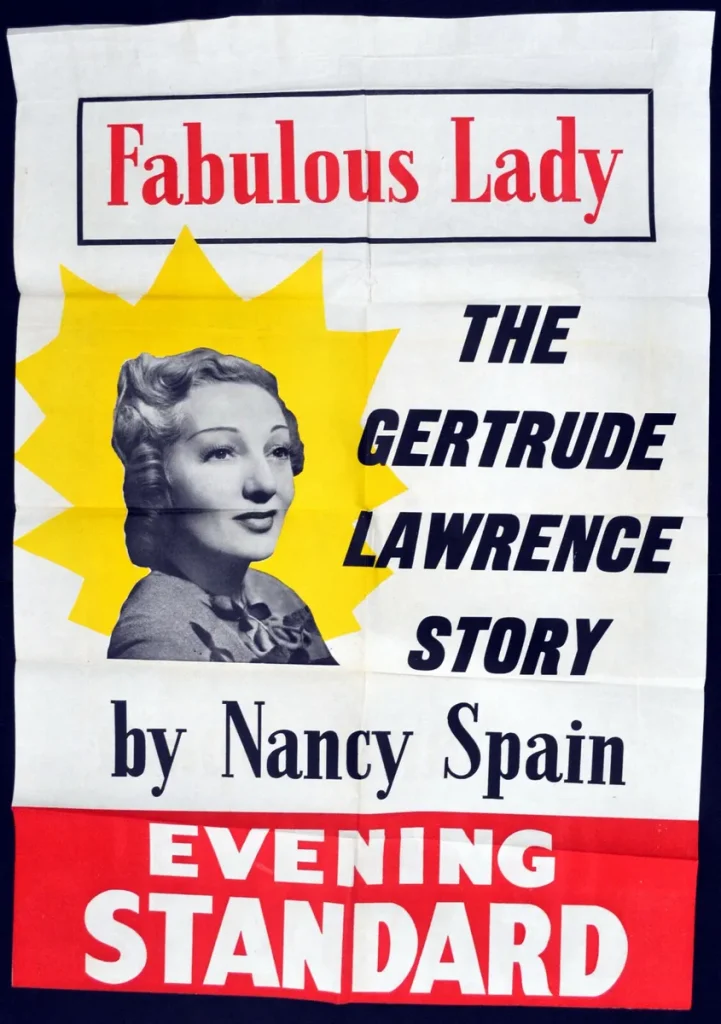
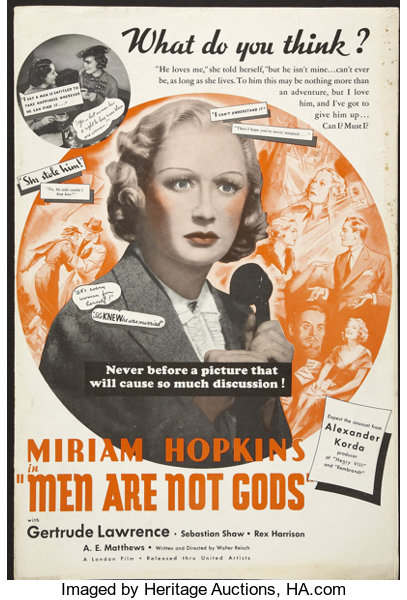
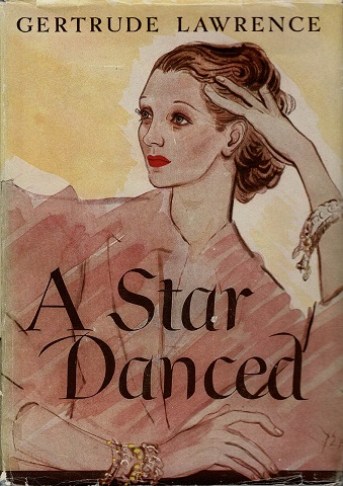
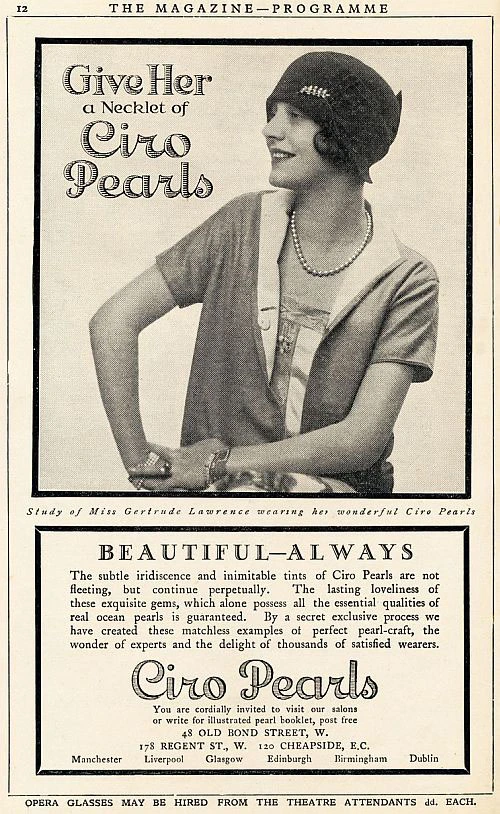
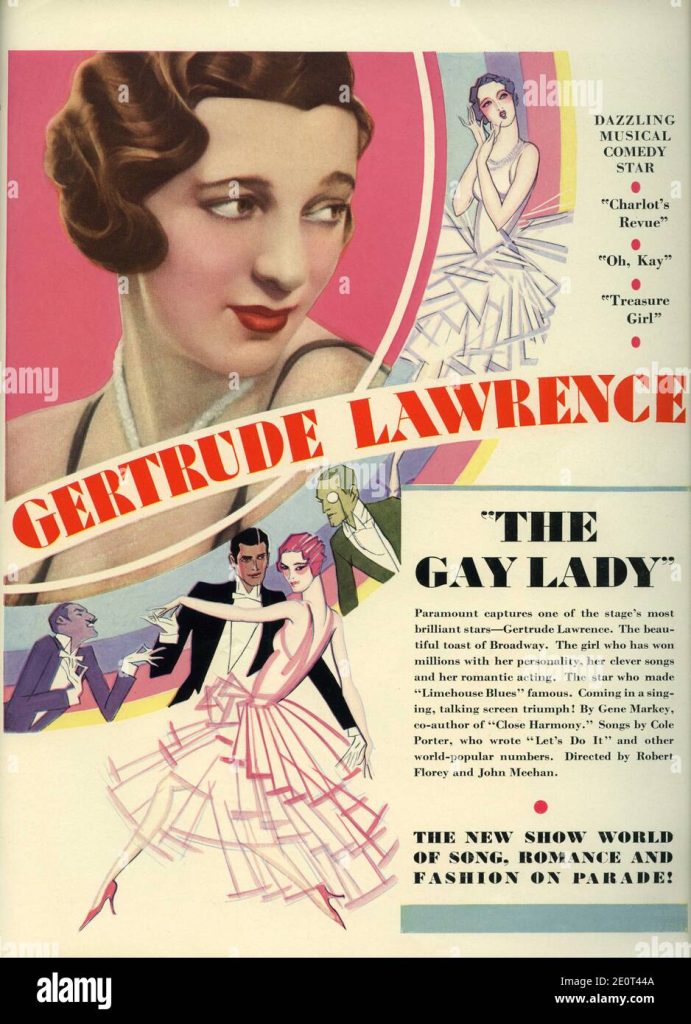
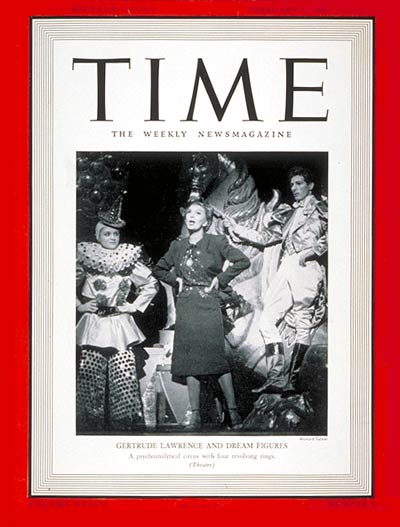
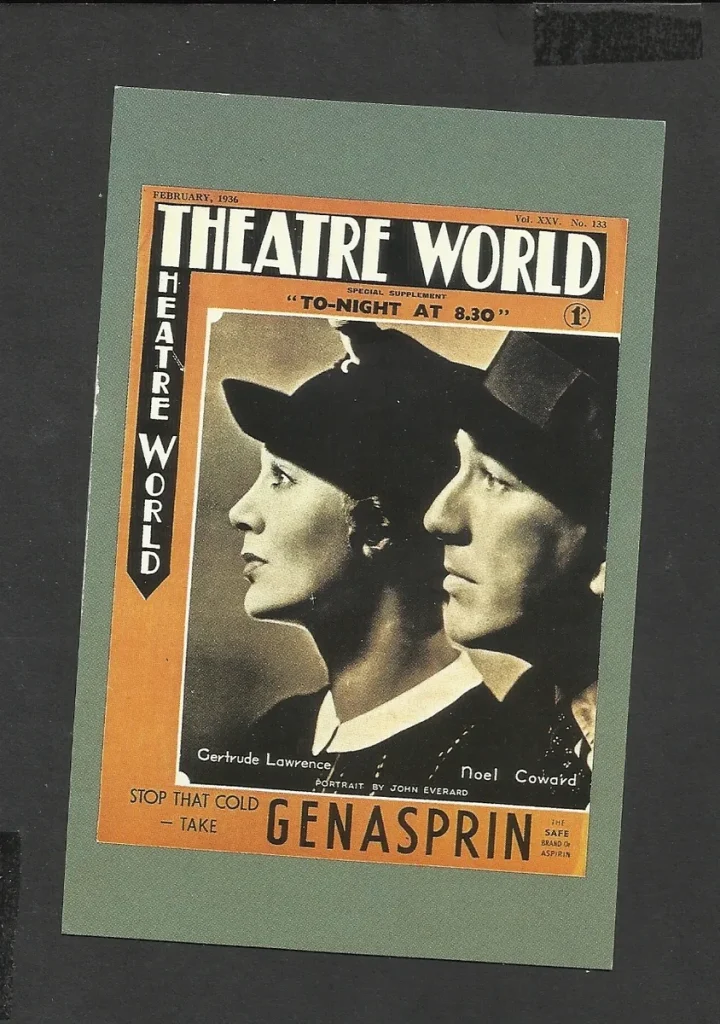
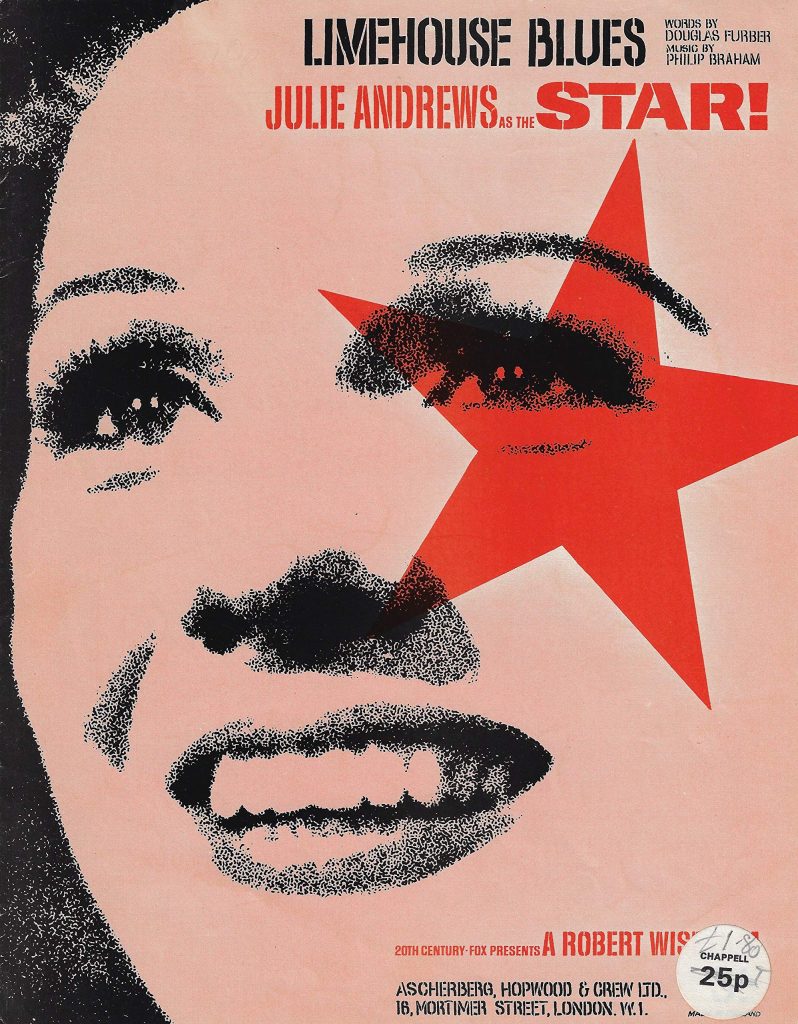
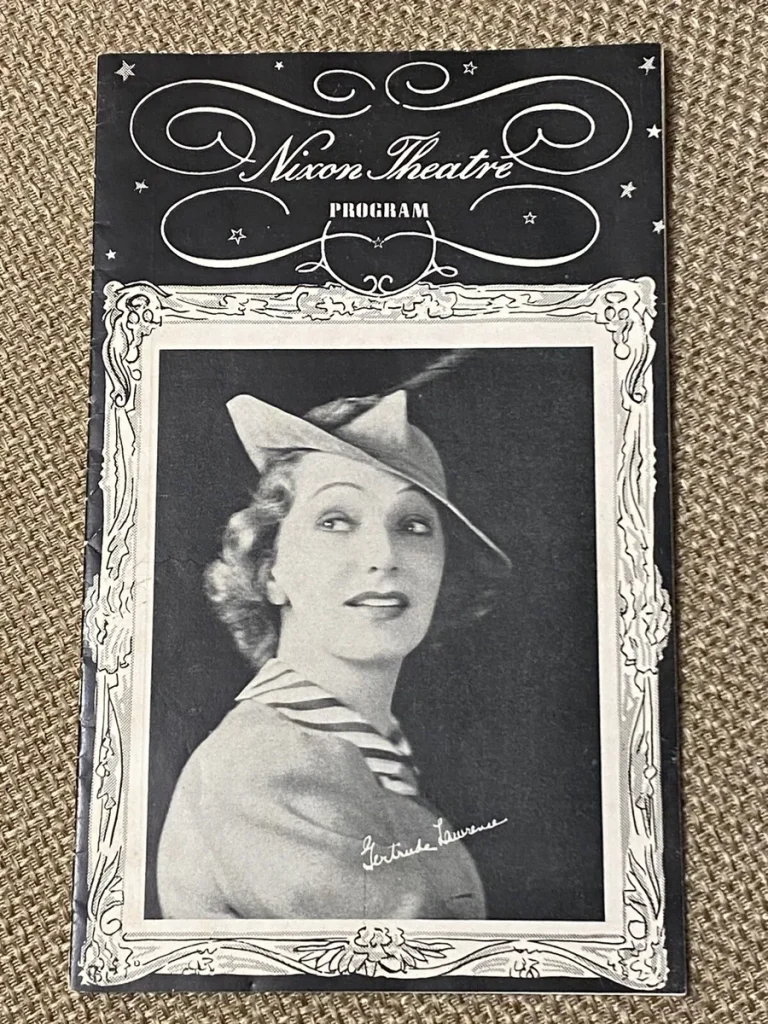
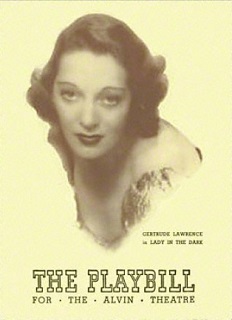
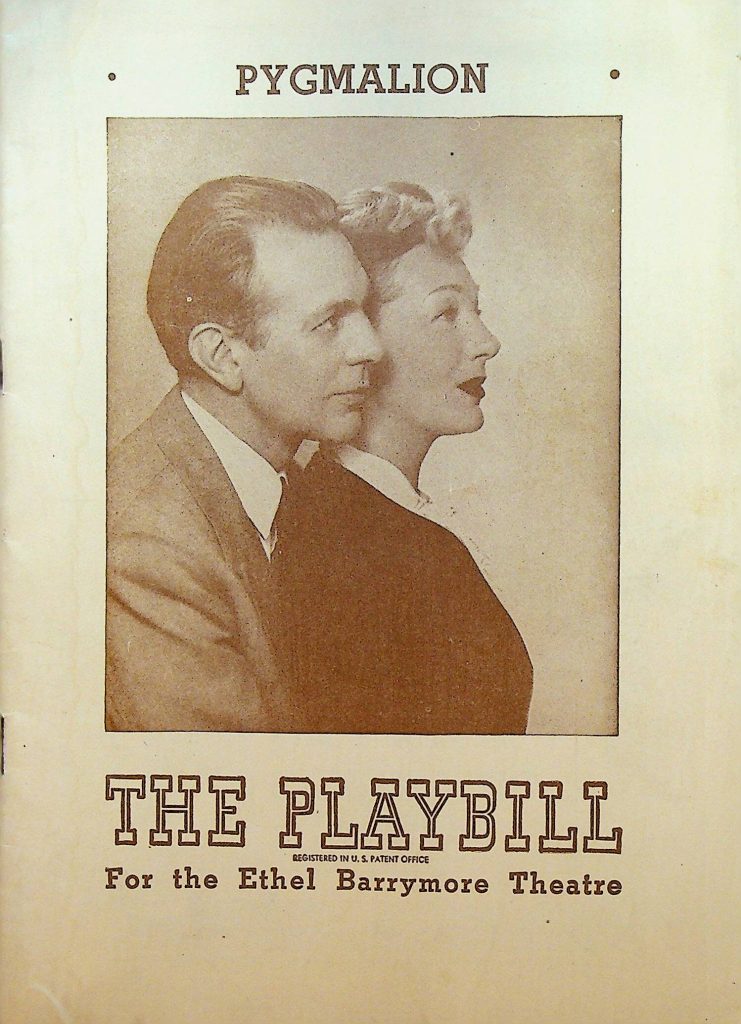
She discovered she had cancer during the early part of the stage run, and died the year after the show opened. One of her last requests was that Yul Brynner, her leading man in the show, be upgraded in the posters and playbills from below to above-the title billing, sharing star billing with whomever would play Anna in other performances.Frequently appeared on stage opposite childhood friend, Sir Noel Coward.
Entertained allied troops in Europe as part of ENSA during World War II.
Is buried in the pink satin hooped ball gown that she sang “Shall We Dance?” in from the Broadway production of “The King and I”.
Child from first marriage: daughter Pamela
Won Broadway’s 1952 Tony Award as Best Actress (Musical) for “The King and I.”
Biography in: “American National Biography”. Supplement 1, pp. 347-348. New York: Oxford University Press, 2002.
The character of Lorraine Sheldon in the Moss Hart / George S. Kaufman play “The Man Who Came to Dinner” (later filmed as The Man Who Came to Dinner (1942), was based on Lawrence.
Portrayed by Julie Andrews in the 1968 biopic, Star! (1968).
Was considered for the role of Margo Channing in All About Eve (1950) after Claudette Colbert was forced to pull out of the project due to back injury. However the part was given to Bette Davis, who went on to receive a Best Actress Oscar nomination for her performance.
Of Danish-Irish ancestry, she started as a child dancer in the pantomime ‘Dick Whittington’ at the age of ten. Her first major success was in Andre Charlot’s Revue at the Times Square Theatre (1924-1925), co-starring Beatrice Lillie and Jack Buchanan
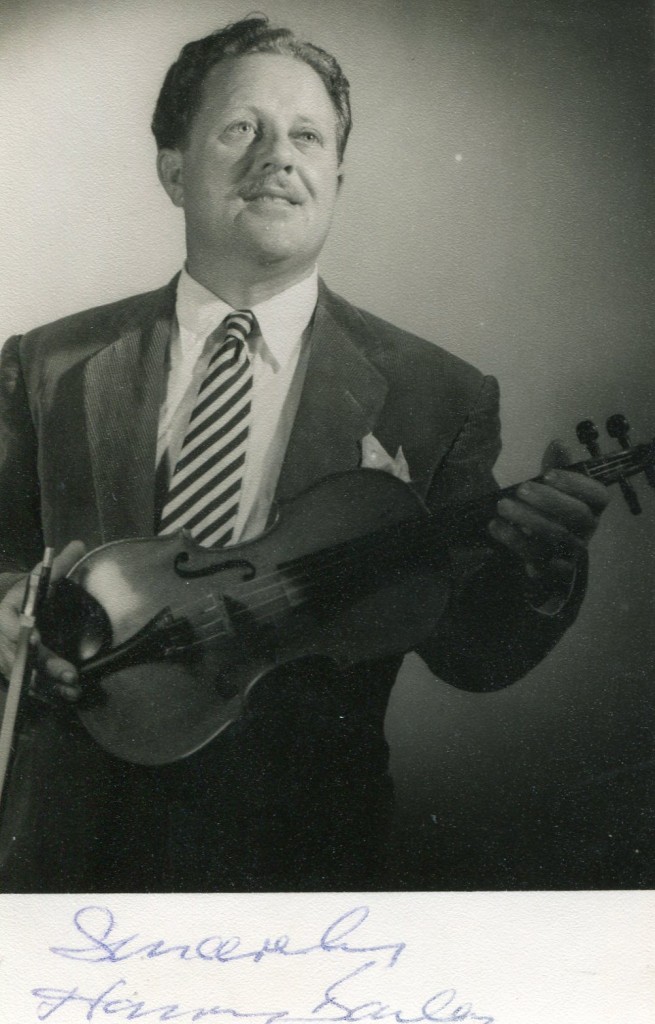
Harry Bailey is an actor, known for The Great Radio Comedians (1972), Comedy Bandbox(1962) and The Good Old Days (1953).

IMDB entry:
Valerie White was born on December 26, 1915 in Simonstown, Cape Colony, South Africa as Valerie Mary White. She was an actress, known for Travels with My Aunt (1972), The Web (1946) and If This Be Error (1952). She was married to Albert Lieven. She died on December 3, 1975 in London, England.Was orignally cast as the Doxy in The Wicked Lady (1945) but fell ill during shooting with appendicitis and the role was given to Jean Kent.

Beautiful Kelly Reilly was born in 1977 Surrey. Stars in the British TV series “Above Suspicion”. Films include “Eden Lake”, “Sherlock Holmes” and in “A Game of Shadows”. Currently playing Brendan Gleeson’s daughter in “Calvary”. She gives a heartbreaking performance in this great movie
TCM Overview:
A star on stage and television in her native England, Kelly Reilly parlayed her exceptional theatrical career into feature film appearances on both sides of the Atlantic, including “Sherlock Holmes” (2009) and “Flight” (2012), the latter of which officially minted her as a star on the rise in America. Despite having no formal dramatic training, Reilly wowed critics with her work in plays like “Elton John’s Glasses,” “Blasted” and “Sexual Perversity in Chicago,” which led to a Laurence Olivier Theatre Award nomination for “After Miss Julie” in 2003. Supporting roles in U.K. features like “Pride & Prejudice” (2005) preceded her second nomination for an Olivier in “Othello” (2007) and her starring role on the TV police drama “Above Suspicion” (ITV, 2009-2012), created by Lynda La Plante of “Prime Suspect” (ITV, 1991-1996, 2003, 2006) fame. “Sherlock Holmes” introduced her to a wide American audience, but it was her turn as Denzel Washington’s love interest in “Flight” that ushered her from newcomer to full-fledged leading lady. Kelly Reilly’s rapid ascent in both England and America underscored her rising status as a peerless performer in three distinct mediums.
The above TCM Overview can also be accessed online here.
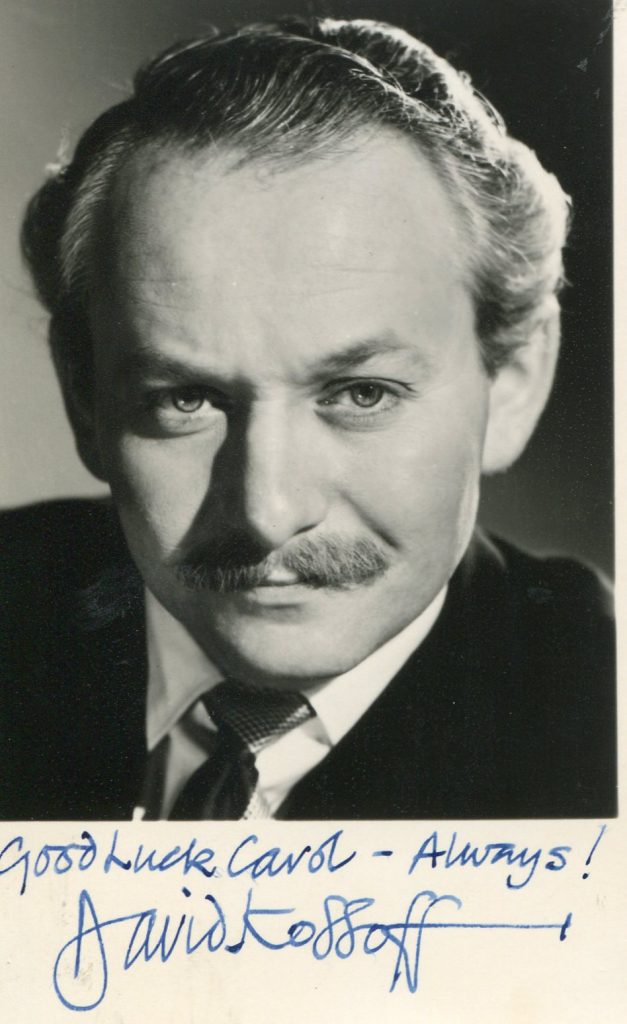
David Kosoff’s obituary in “The Guardian”:
The actor, writer and raconteur David Kossoff, who has died of cancer aged 85, could see the funny side of Jewishness, religion, even of God. He entertained a wide public without offence on this difficult tightrope because he could also see the funny side of himself. And one of his radio stories – he wrote dozens – ended with: “And Samson, giving the performance of his career, brought the house down.”
He made more than two dozen films, and, in 1956, gained a “British Oscar” from the then Society of Film and Television Arts for his performance in Wolf Mankowitz’s A Kid For Two Farthings, as the elderly confidant of a boy who believes his one-horned goat is a unicorn. He played a similar role in Mankowitz’s short film The Bespoke Overcoat (1956), that of Morry, which he had first given in 1953 at the Arts Theatre in London.
His other movies included I Am A Camera (1955), The Mouse That Roared (1959) and The Mouse On The Moon (1963). He was also credible and creditable in John Huston’s Freud (1962), where the waspish, Old Testament prophet side of his character came more into play than usual.
In the late 1950s, he was best known for playing the bucolic old rogue Alf Larkin in the television series The Larkins. It was often suggested to Kossoff that as an amiable countryside oaf, Alf was hardly the sort of part that gave full rein to his powers. He was sturdy in his defence. “Alf earns 10 times as much as Kossoff, mate,” he told one journalist. “He helps Kossoff to choose the parts he wants in straight plays and to say ‘No’ to the others. I like Alf … A lot of hard work went into creating him. He’s probably the best thing I’ve ever done.” He was even better pleased when Alf recorded cockney songs on several LPs.
But, crucially, Kossoff was famous – and much loved – in the 1960s for his simple and humorous paraphrasing of the Bible into his own stories, which he read on television and radio in the rich tones of an understated Jewish comedian. Nothing he did after it sustained his reputation at quite that level.
He had sprung to prominence in 1952 when he played the Russian Colonel Alexander Ikonenko in Peter Ustinov’s West End play The Love Of Four Colonels. He was well suited to underline the weakness of the colonel, one of four allied occupation colleagues, a man suddenly lost when scientifically inexplicable events do not fit in with his narrow materialism.
Kossoff was the son of a poor Russian East End garment worker. The poverty in which he grew up made him determined to better himself. He went to elementary school and the Northern Polytechnic, London. After leaving it in 1937, he spent a year as a draughtsman, took up furniture design, and then announced to his horrified parents that he wanted to be an actor.
Later, he asserted that he had sought out acting classes because that was the sort of place where you met attractive women. He also felt that the stage could offer more money. His parents, wanting him to have the security they lacked, were worried. Kossoff joked that they were the only parents of a child of call-up age relieved by the outbreak of the second world war.
But Kossoff began acting in 1943, and two years later joined the BBC radio repertory company. He combined his acting with illustrating and designing until his success in The Love Of Four Colonels.
Small, bespectacled and prematurely white-haired, he was never part of the glitzier aspects of show business. He bought a dilapidated London house cheap, redesigned it himself and also used his own furniture designs.
But his forte was really the broadcast or the live one-man show, sometimes biblical, sometimes not. Once a restaurant even employed him to join diners at their tables for a while and then gradually slide into a partly extemporised cabaret, drawn from meeting the fellow diners, and including them as part of the performance. This idea did not have a long run, but was in its way groundbreaking. He said it wasn’t demeaning – he was simply providing a kick for people who wanted to meet someone they had seen on television.
Apart from the stage, cabaret, television, radio and records, his biblical tales also achieved book form. He wrote a string of books, mostly on related subjects and his way with biblical and other religious themes often underlined his own moral views. He believed that he had been “pushed” in the direction of writing because he had never encountered a rejection slip. His writing certainly had single-mindedness. Often he corrected page proofs of his books in his dressing room while fulfilling acting engagements. When appearing as Cinderella’s father, Baron Hardup, at the London Palladium, he missed his cue twice because he was working on his latest book. It did not prevent him correcting proofs of another book in his dressing room when he did a play with the singer Eartha Kitt in the West End – even on the first night.
Kossoff married Margaret Jenkins. They had two sons, of whom one, Paul, the guitarist with the rock group Free, died at 25 of a heart attack brought on by drug addiction. Kossoff had promised to devote a year to drug and other charity performances to celebrate his son’s withdrawal from drugs, taking no money himself. Instead, when the withdrawal from drugs proved to be a fatally forlorn failure, he fulfilled his promise as a tribute to his son’s memory.
He could laugh at himself when being more financially minded. He did several TV commercials, pointing out that Bible stories didn’t pay very well, but commercials did – and that, anyway, “it just occurred to me that God might have guided my hand to J Walter Thompson.”
His wife predeceased him. He is survived by a son and a daughter.
· David Kossoff, actor and writer, born November 24 1919; died March 23 2005
Anyone who knows me are aware that I am a bit of a movie buff. Over the past few years I have been collecting signed photographs of my favourite actors. Since I like movies so much there are many actors whose work I like.